Introduction to Chess as a Mental Exercise
Often referred to as the gymnasium of the mind, chess is not just a game of leisure but also a profound mental exercise that strengthens various cognitive abilities. It is a complex board game that requires foresight, strategy, and critical thinking, engaging players in a mental battle that stimulates the brain at many levels. This article explores how playing chess can serve as mental training, enhancing memory, improving problem-solving skills, and contributing to emotional intelligence.
Cognitive Benefits of Playing Chess
1. Enhancing Concentration and Attention
Chess demands a high level of focus from players who must constantly monitor their own and their opponent's positions and possibilities. This prolonged attention improves the ability to concentrate in other areas of life, making chess a valuable exercise for enhancing attentional capacity.
2. Improving Memory and Recall
Advanced chess players often memorize thousands of opening moves and endgame positions. This practice not only improves their game but also their general memory. Moreover, recalling strategies and visualizing the board stimulate memory circuits in the brain, further enhancing this cognitive area.
3. Boosting Problem-Solving Abilities
At its core, chess is a problem-solving tool. Each move in a game of chess poses a new problem that requires a solution. Players must weigh the pros and cons of different strategies and anticipate potential future problems. This kind of thinking nurtures advanced problem-solving skills, aiding decision-making beyond the game.
4. Encouraging Logical and Strategic Thinking
Chess encourages logical reasoning. To succeed, players must not only react to their opponent’s moves but also plan several moves ahead, predicting and countering the opponent's strategy. This ability to think critically and strategically can be transferred to real-world scenarios, helping to structure thoughts and actions strategically.
5. Promoting Creativity
Despite its rigid rules, chess is a highly creative game. Finding new combinations of moves and crafting unique strategies to defeat an opponent involve a high degree of creativity. This artistic aspect of chess promotes innovative thinking, a skill highly valued in personal and professional contexts.
Emotional and Social Benefits of Chess
1. Developing Patience and Discipline
Chess games, especially at higher levels, can last for hours. The nature of the game teaches players the importance of patience, pacing, and discipline as rushing through moves without deeper consideration is a recipe for defeat. These virtues, once cultivated, can positively impact other areas of a person's life.
2. Enhancing Social Interaction
Although chess is a competitive sport, it also fosters a unique camaraderie among players. Whether played in clubs, online, or in tournaments, chess builds a community of individuals who share a common passion, enhancing social skills and providing a network of support and friendship.
3. Teaching Coping Mechanisms for Winning and Losing
Chess is as much about losing as it is about winning. Handling both outcomes gracefully is a critical skill developed through gameplay. Learning from defeats and not becoming complacent with victories are lessons that apply to personal and professional life challenges as well.
Chess as an Educational Tool
Recognizing these benefits, many educational systems around the world have incorporated chess into their curriculum. Not only does chess facilitate cognitive development and strategic thinking, but it also builds a sense of community among students, teaches respect for opponents, and enhances patience and persistence. Chess programs in schools have been shown to increase students’ overall academic performance, particularly in mathematics, science, and languages.
Conclusion
Chess truly is a gymnasium for the mind, equipping players with a toolkit of cognitive and emotional skills that are transferable to many other aspects of life. With the rise of digital platforms for chess, the game is becoming even more accessible, allowing people of all ages and backgrounds to engage with this ancient game and reap its numerous mental and emotional benefits.
Explore our large collection of luxurious chess sets!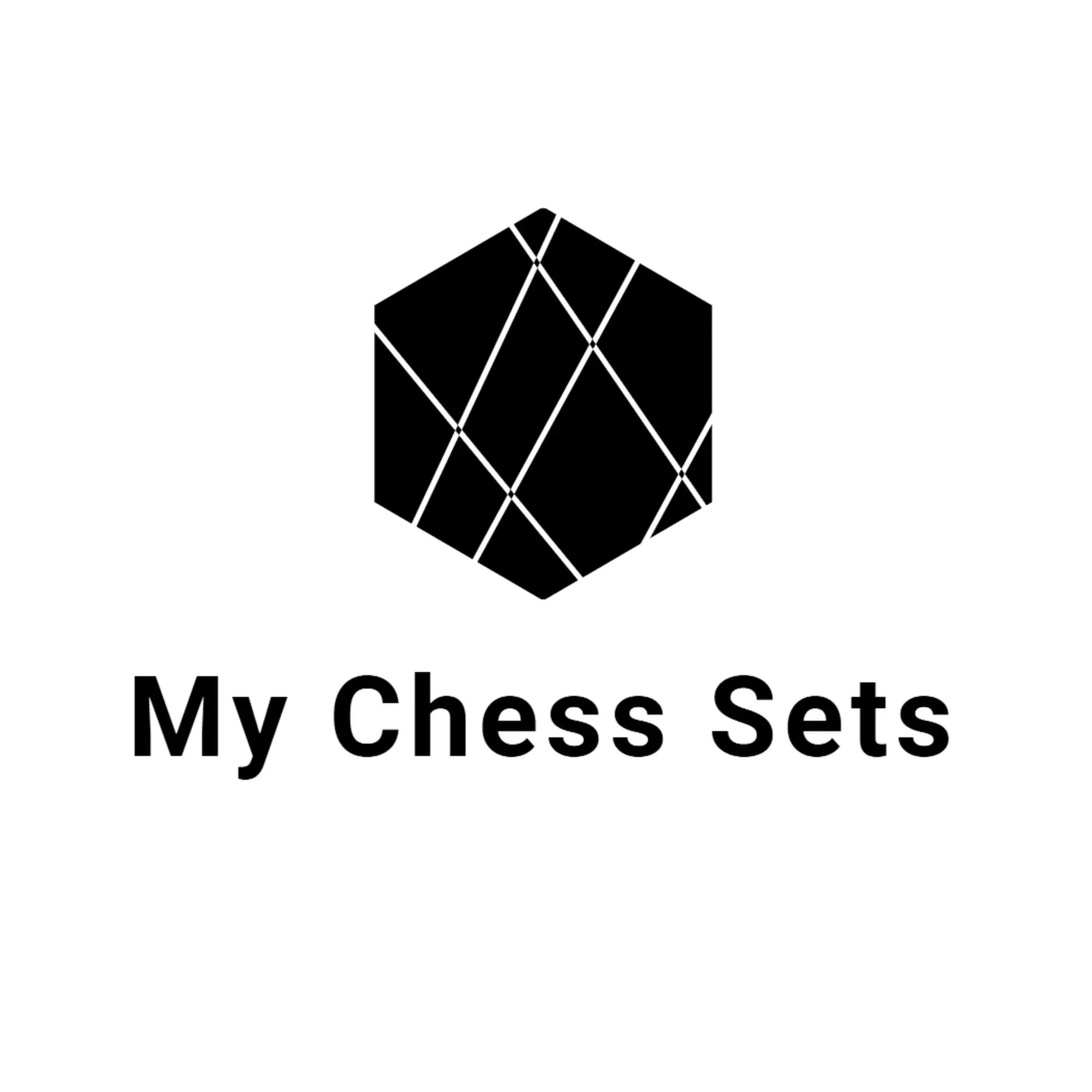

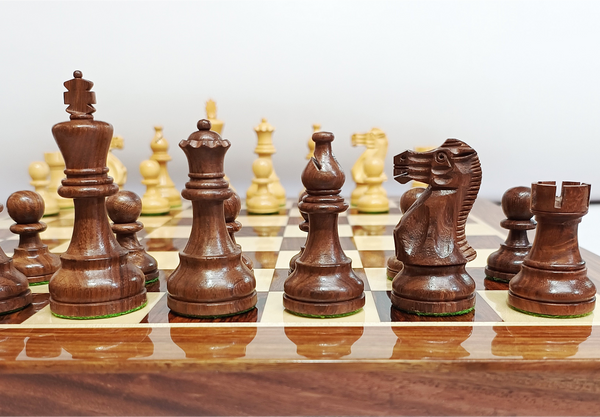
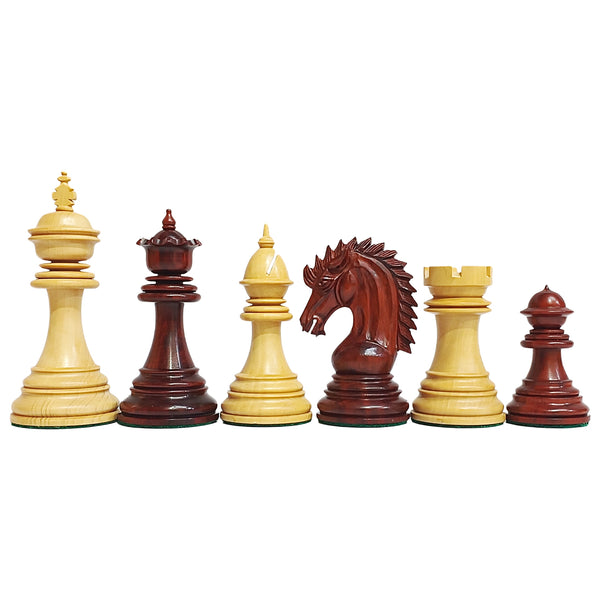
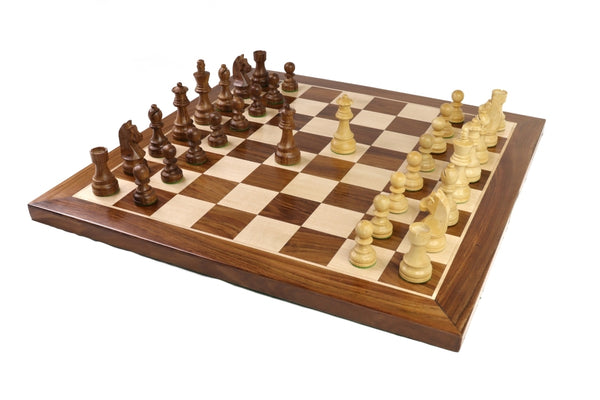
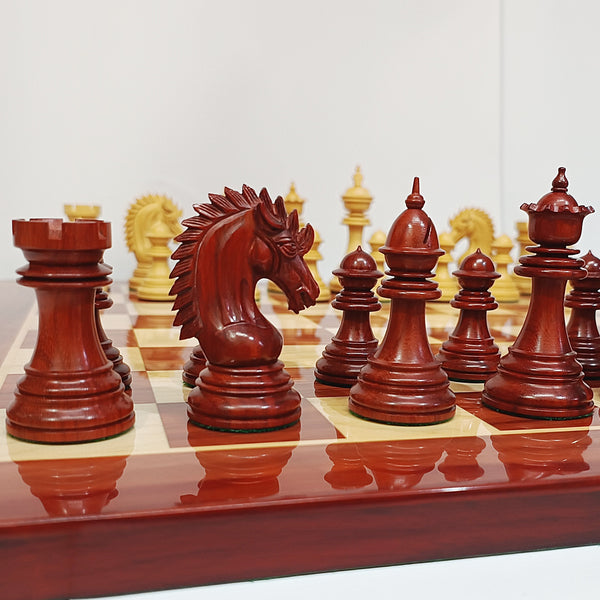
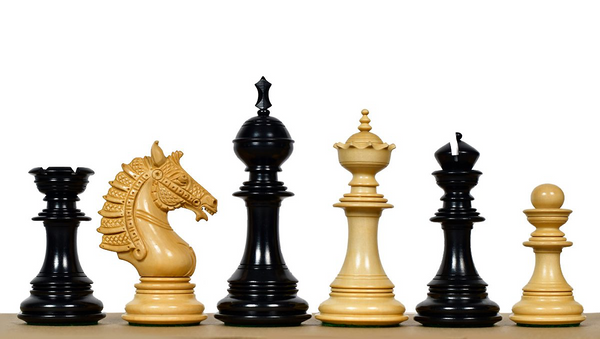
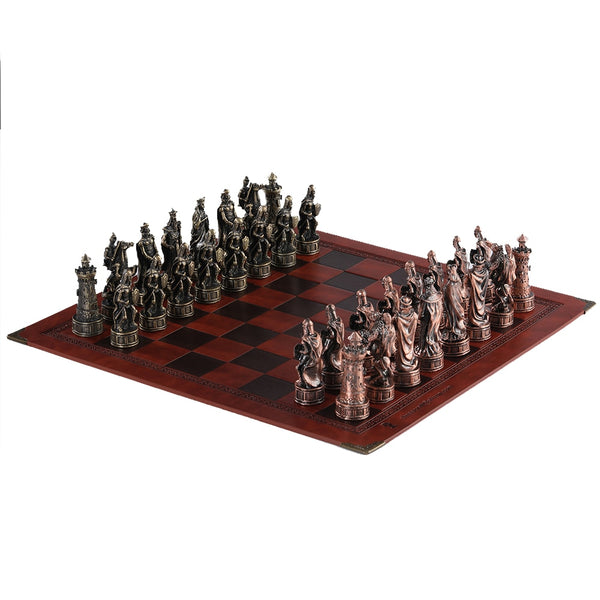
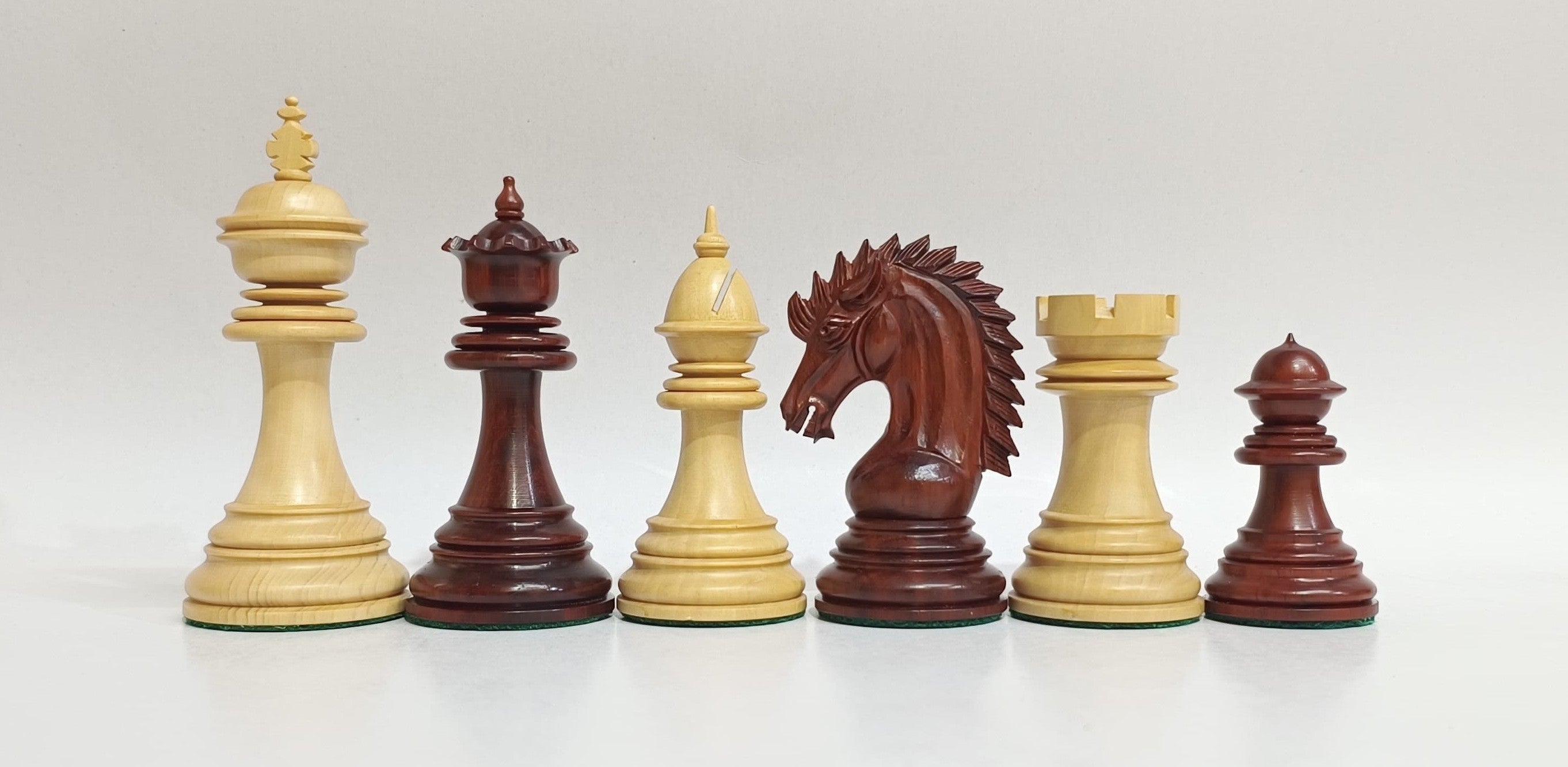
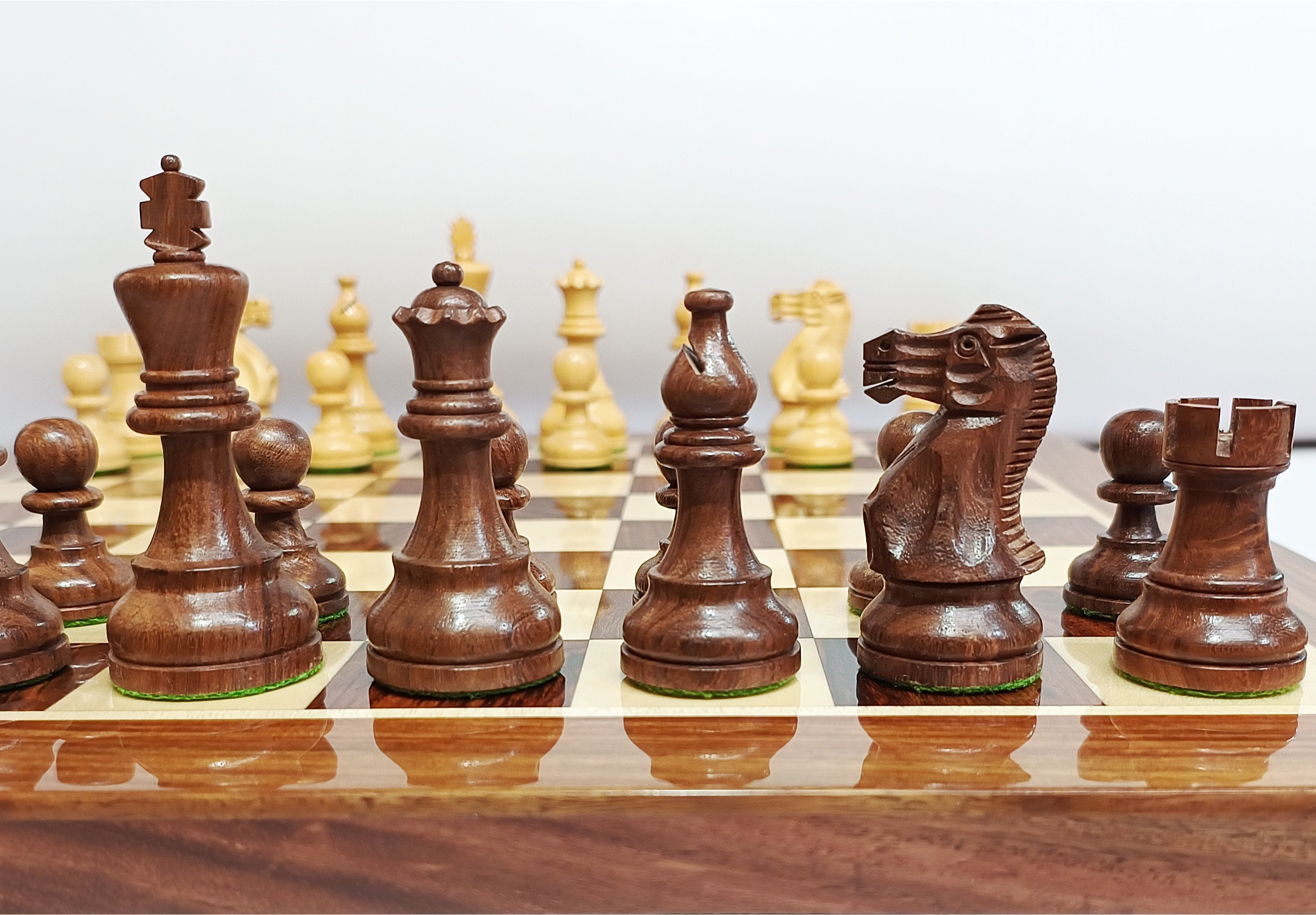
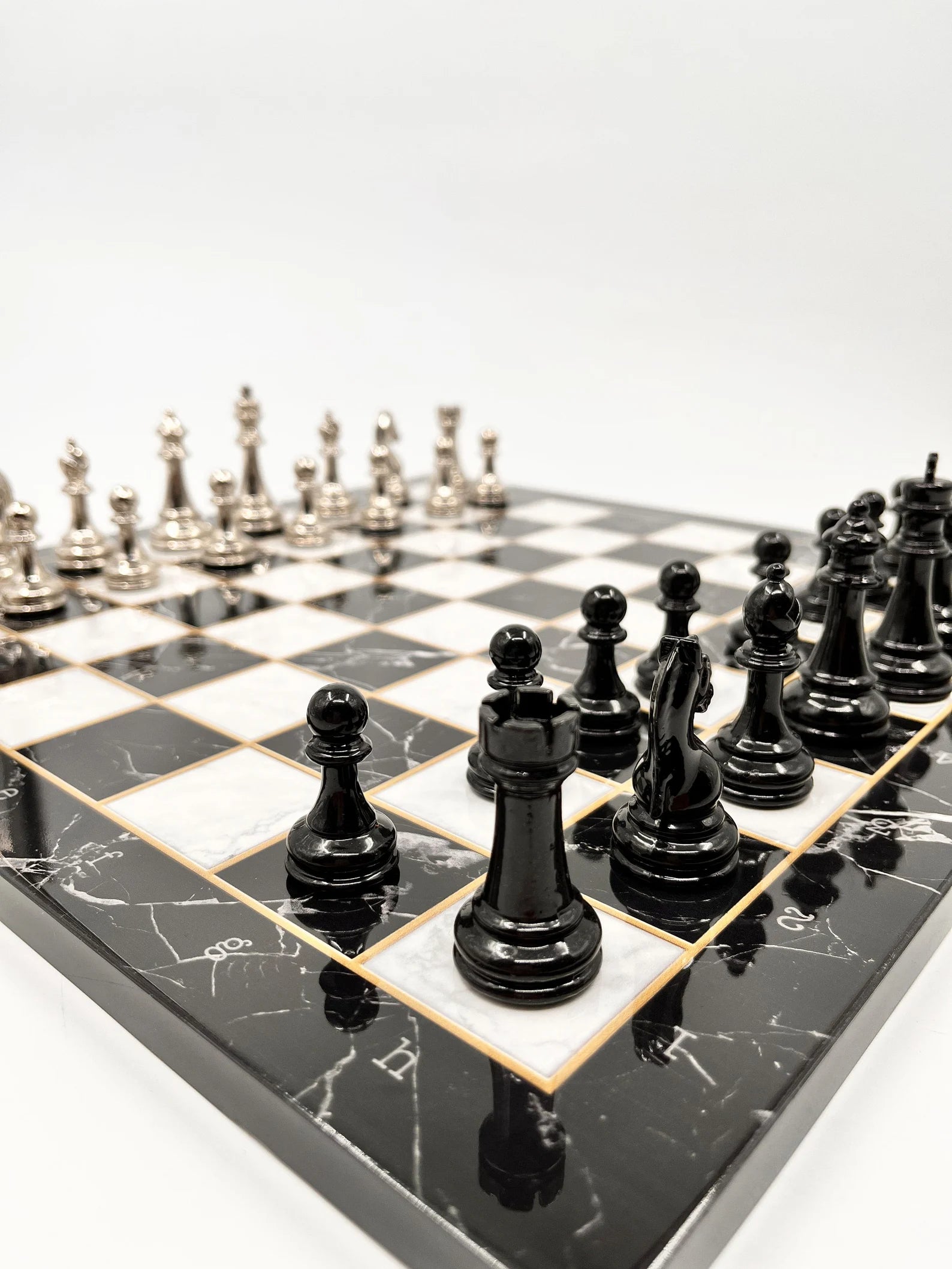
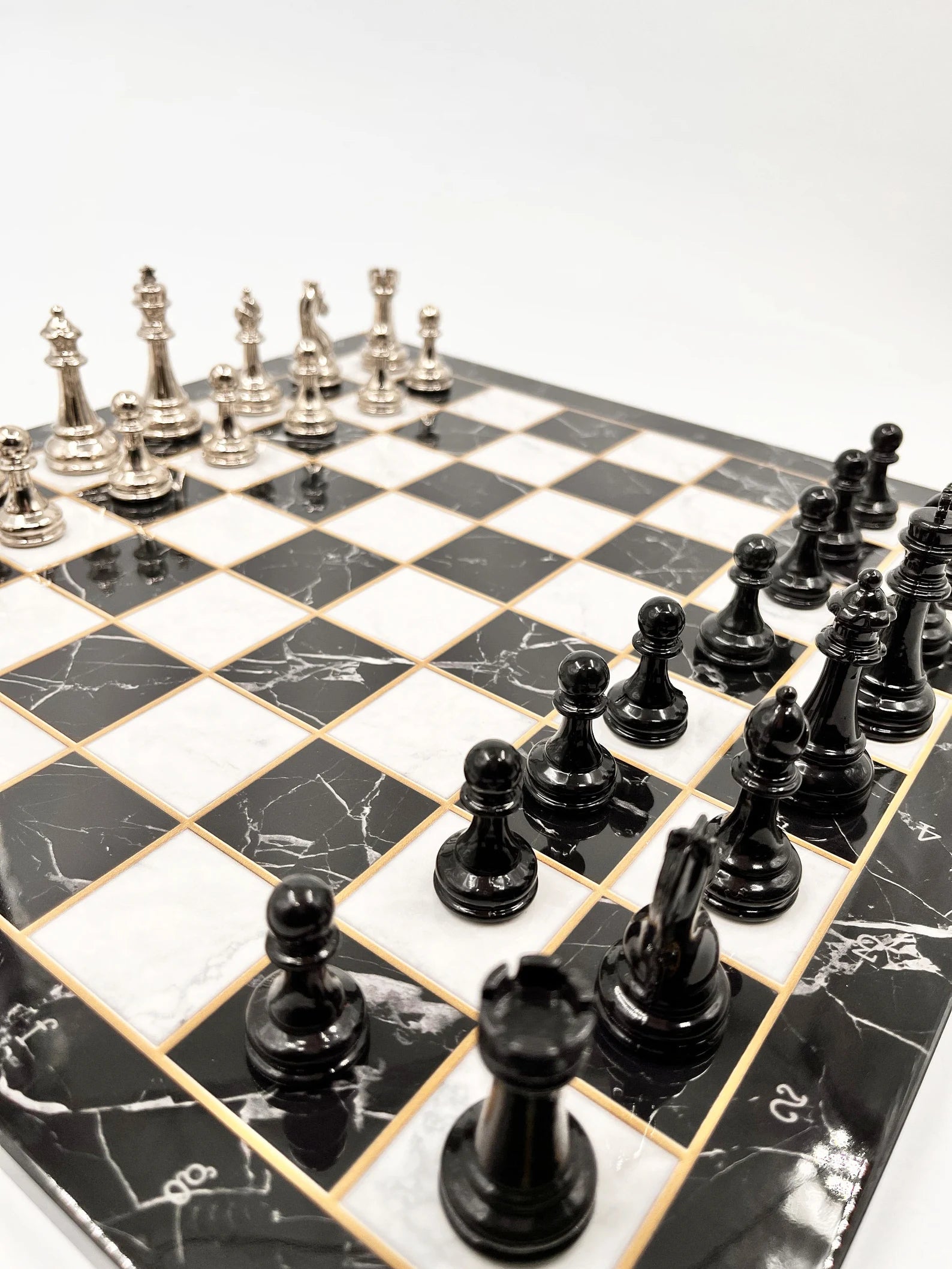
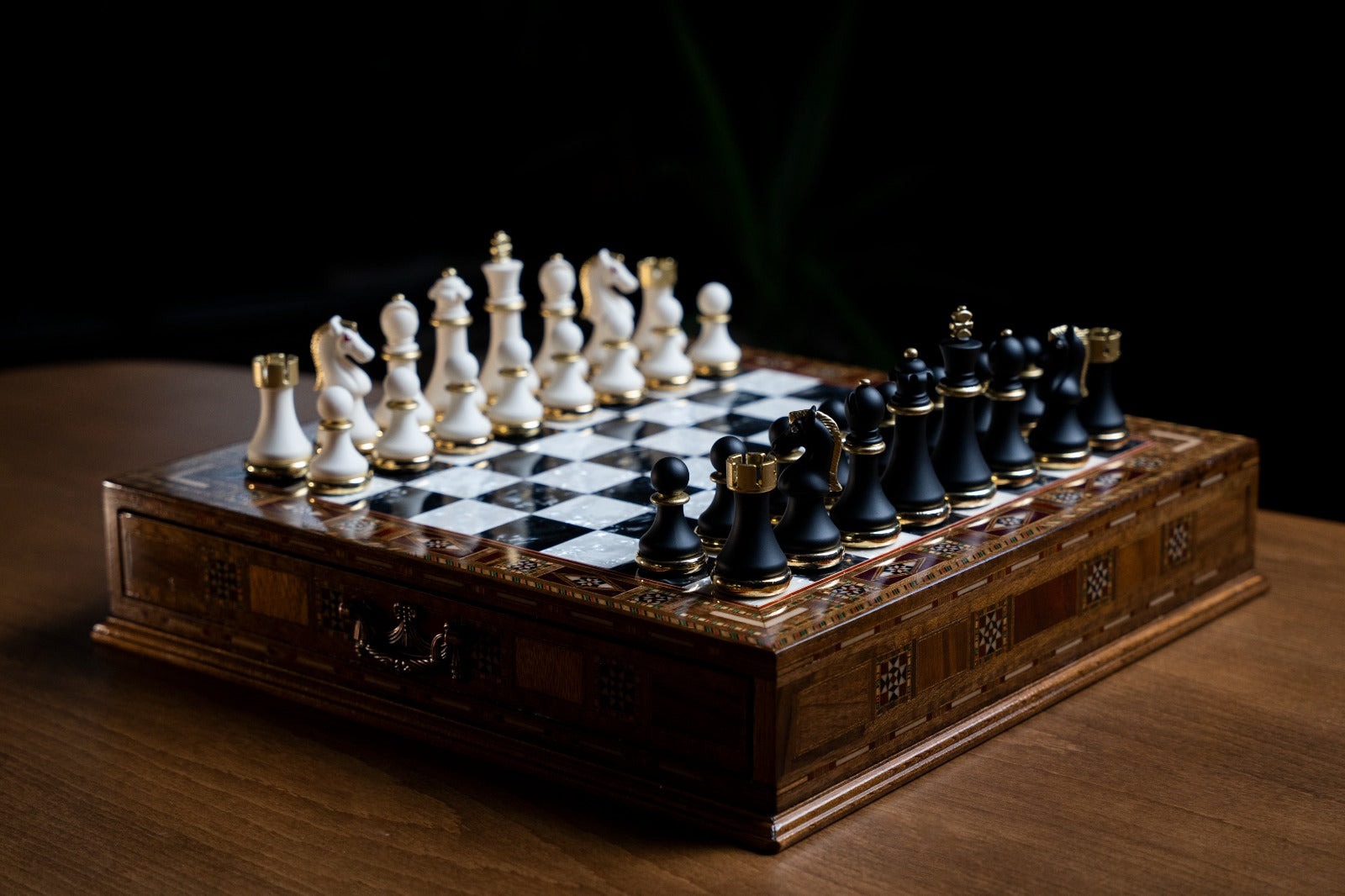
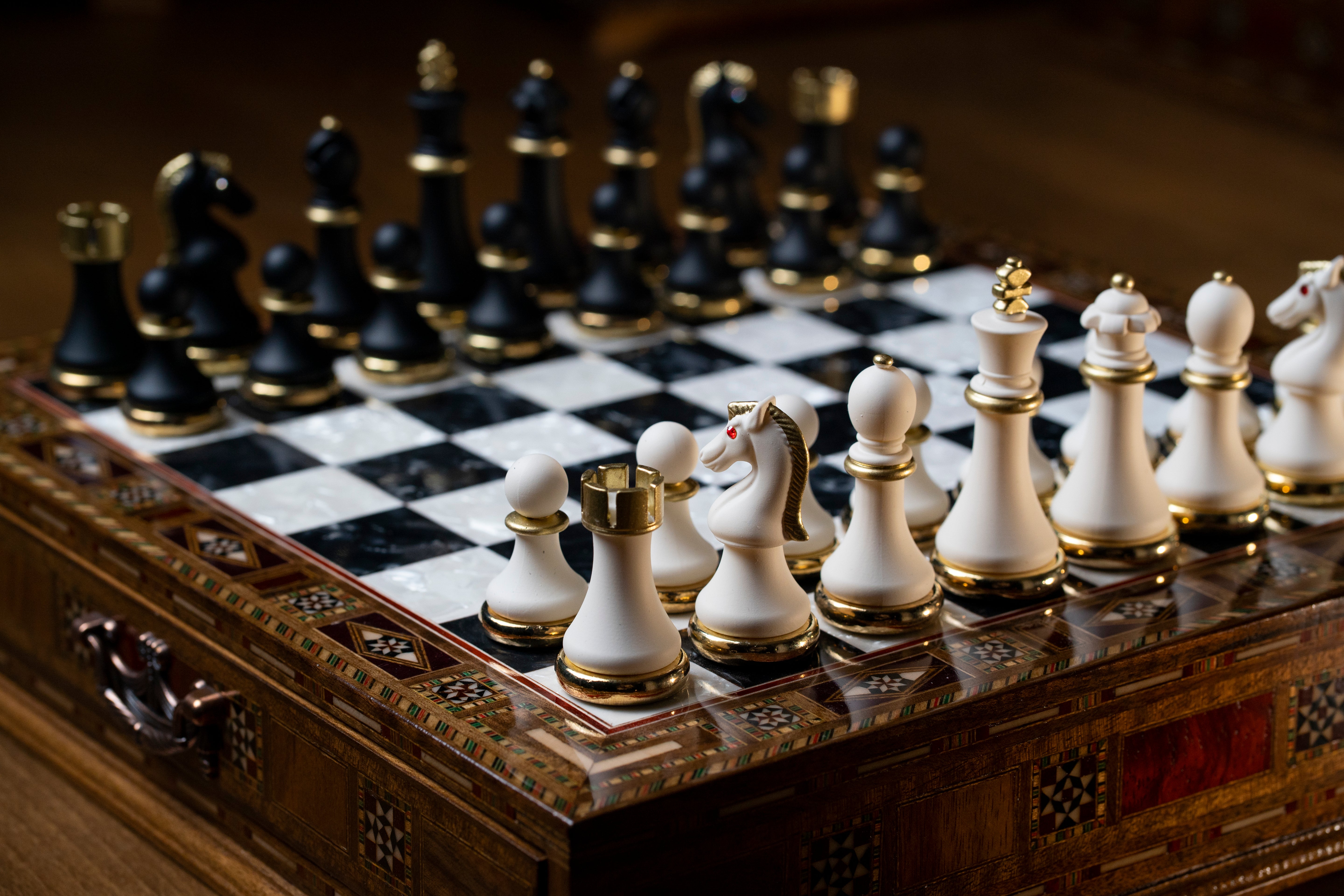
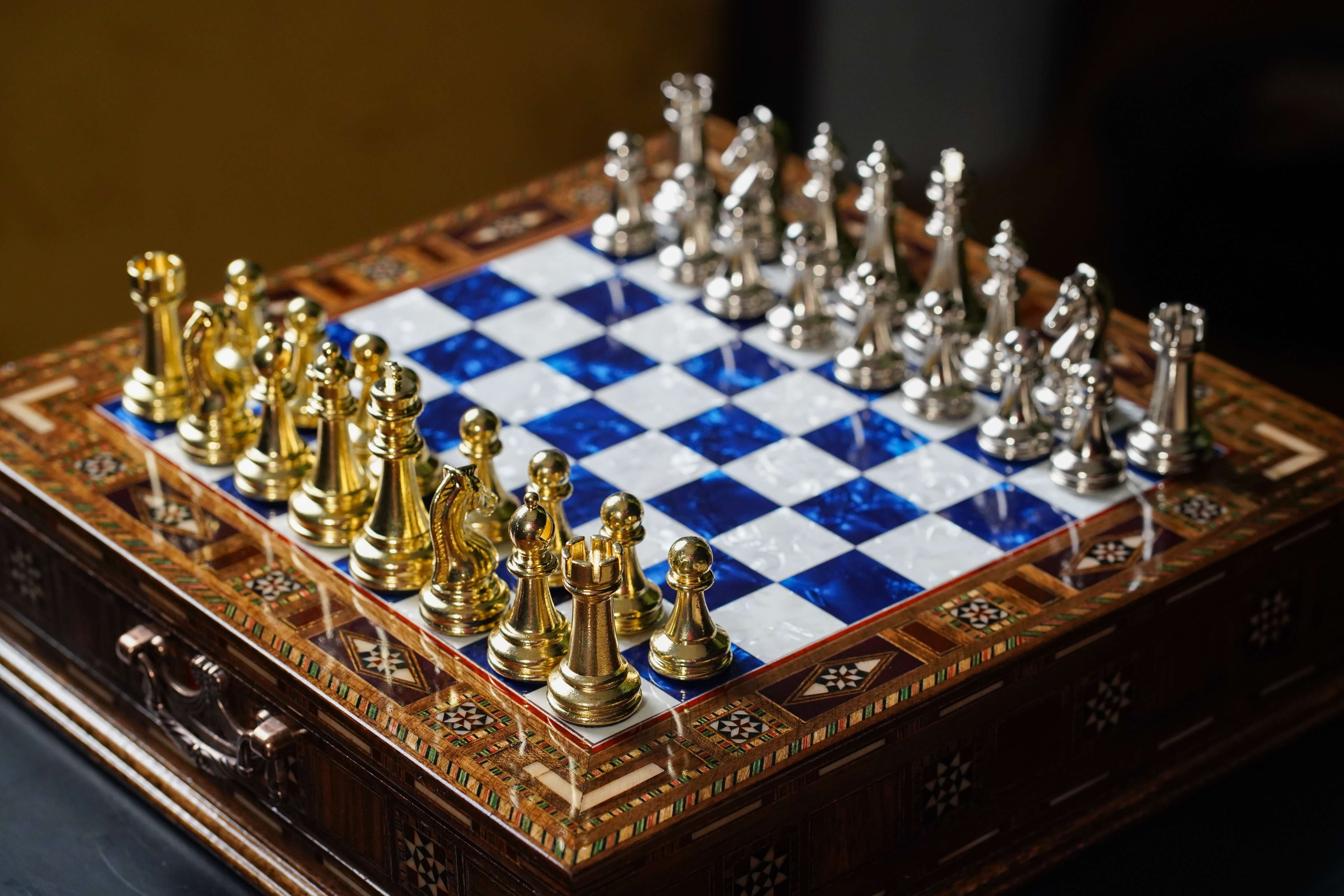
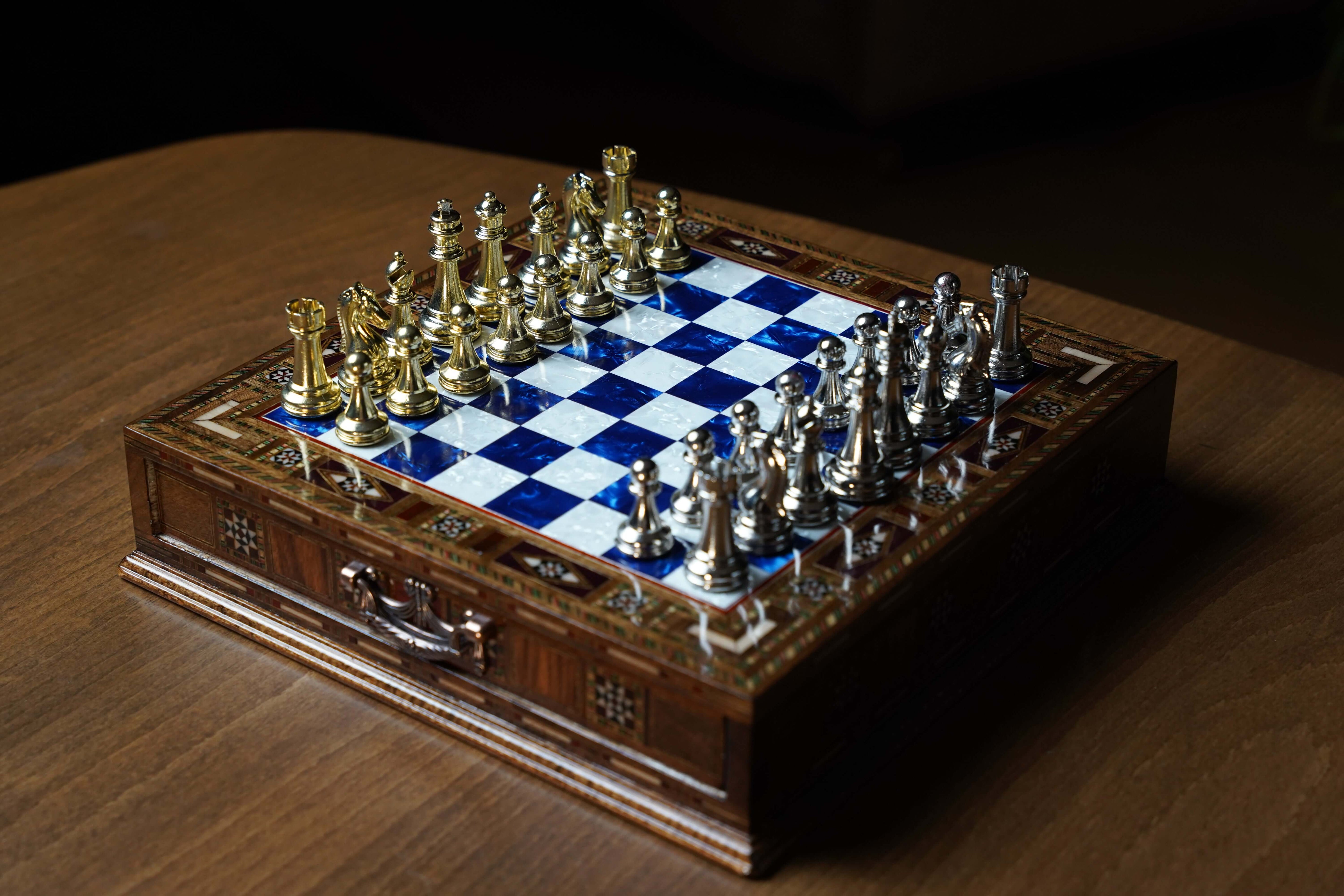
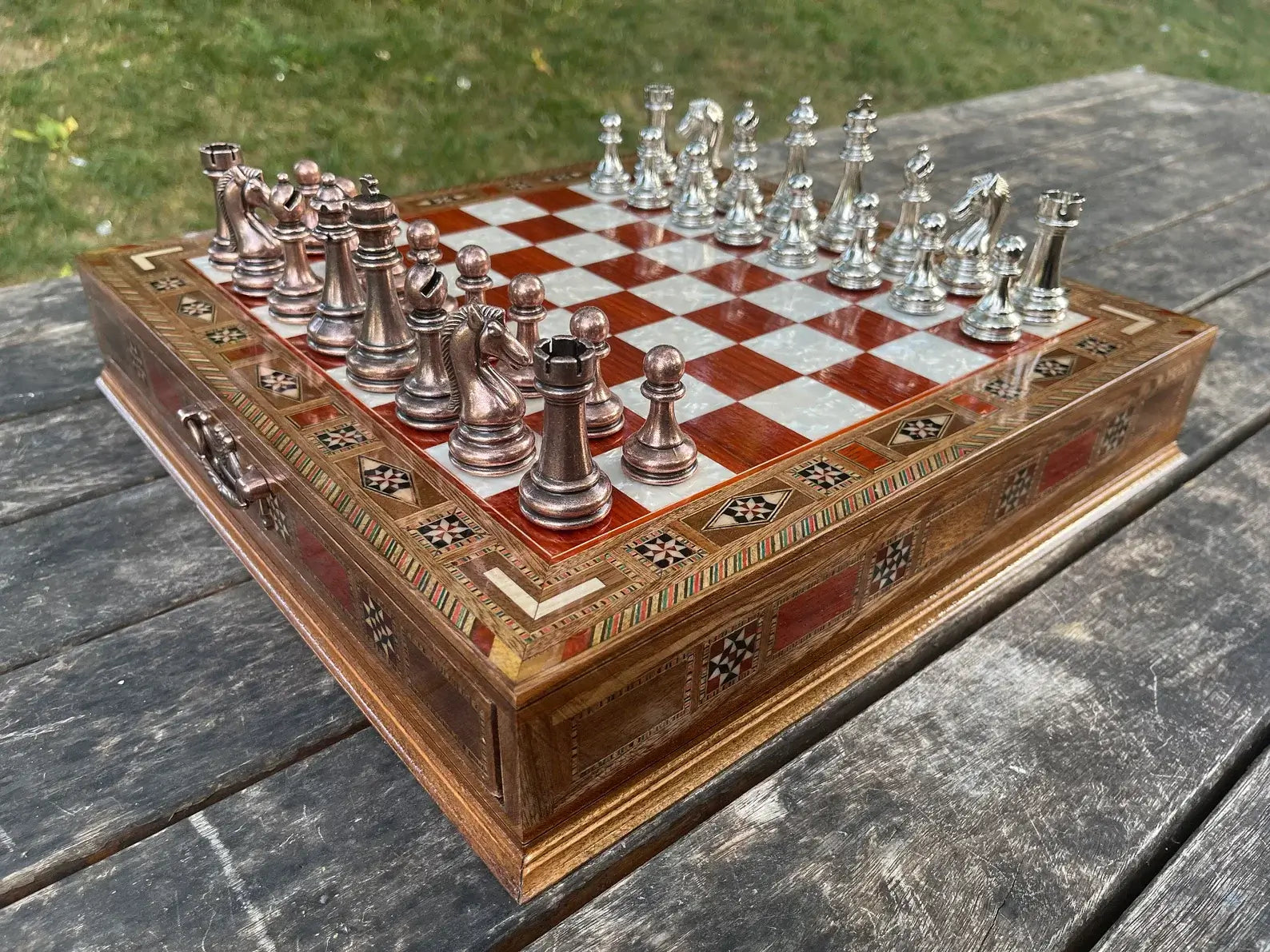
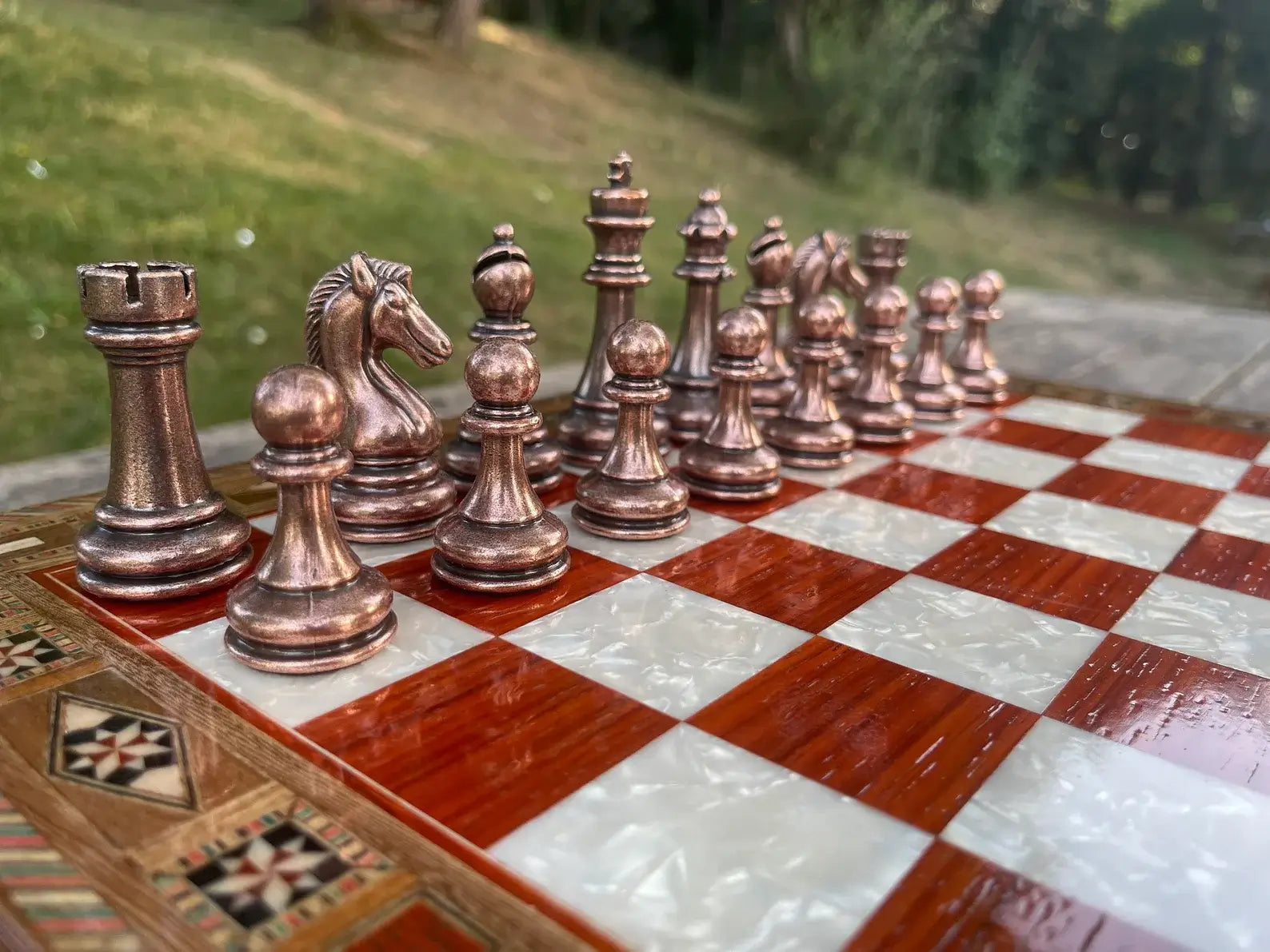
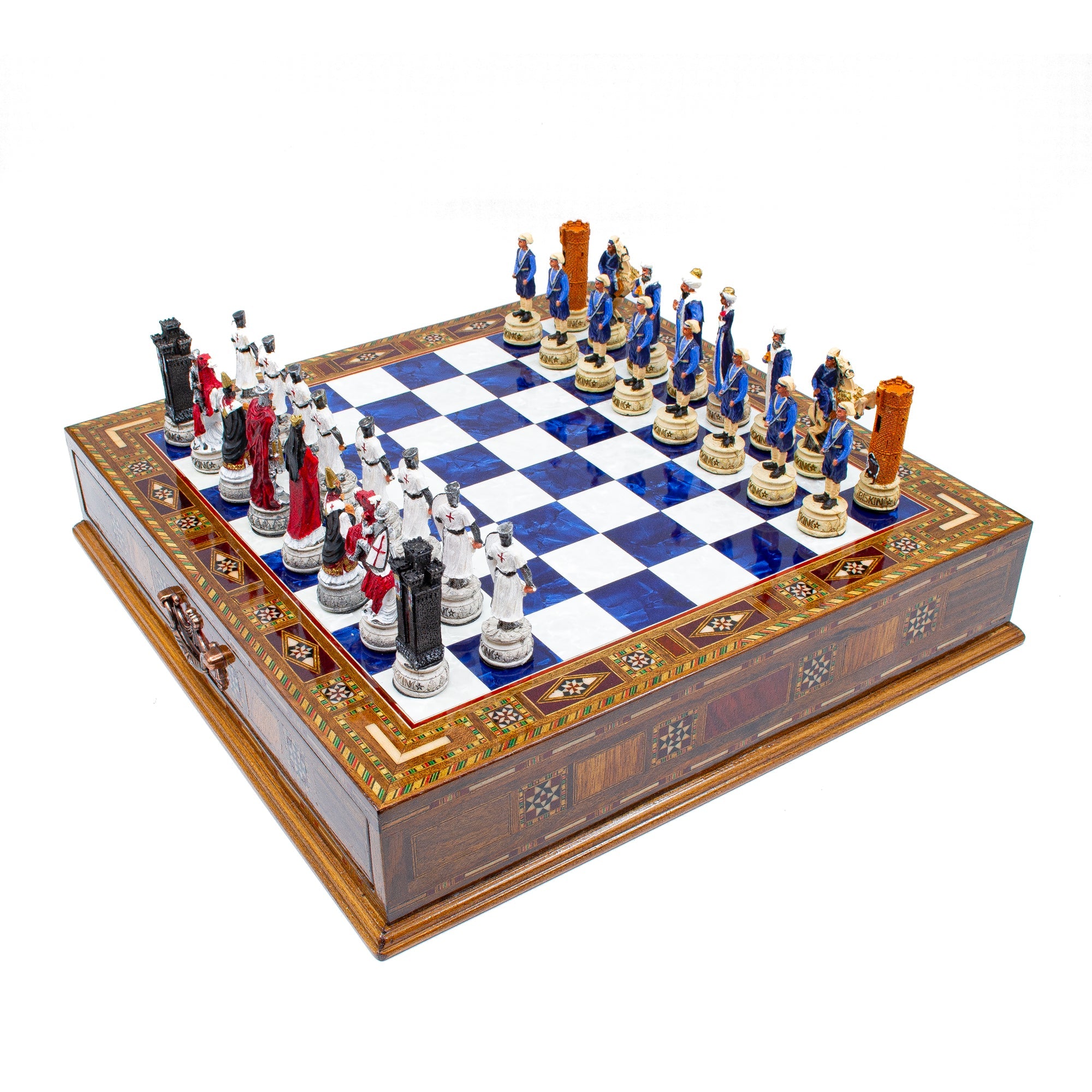
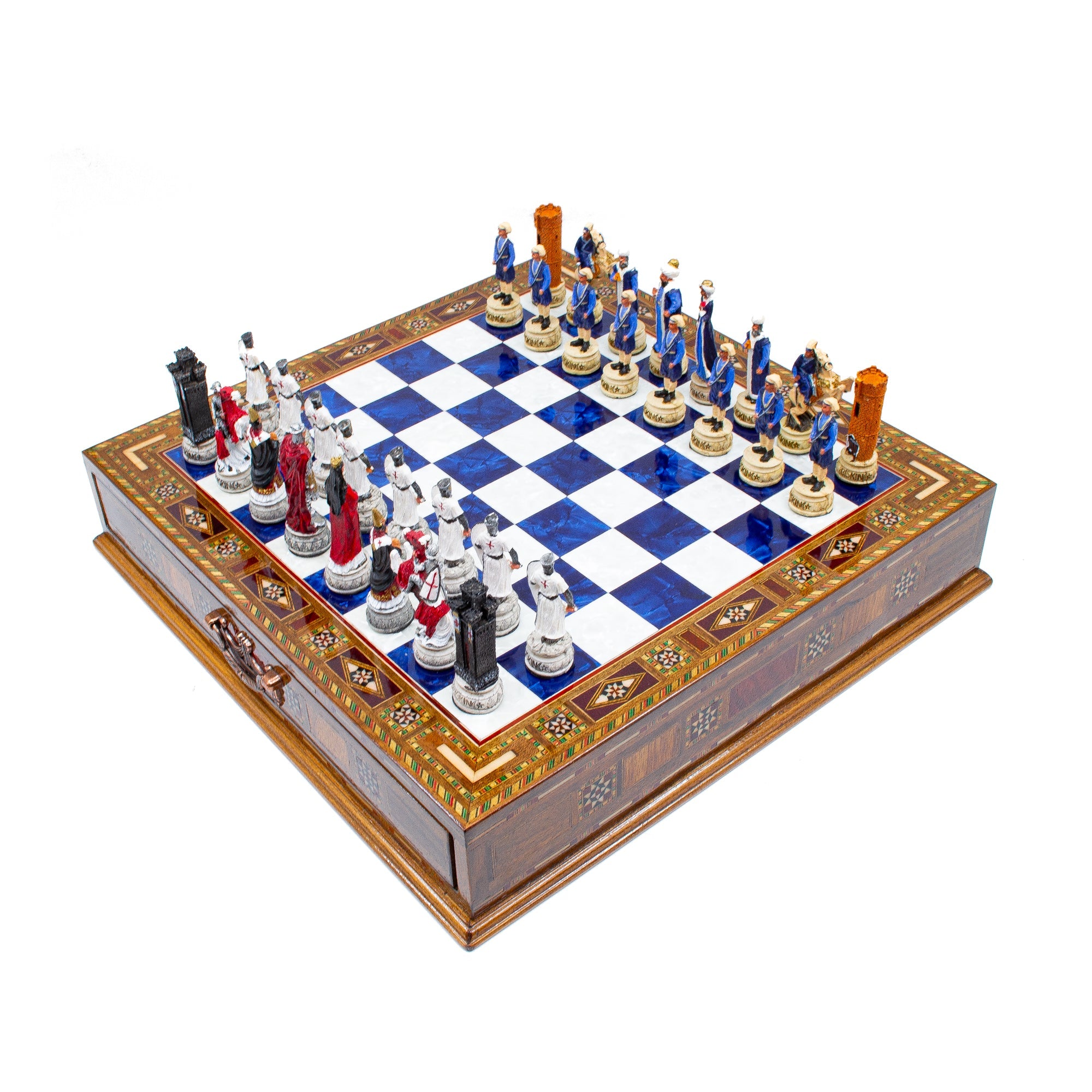
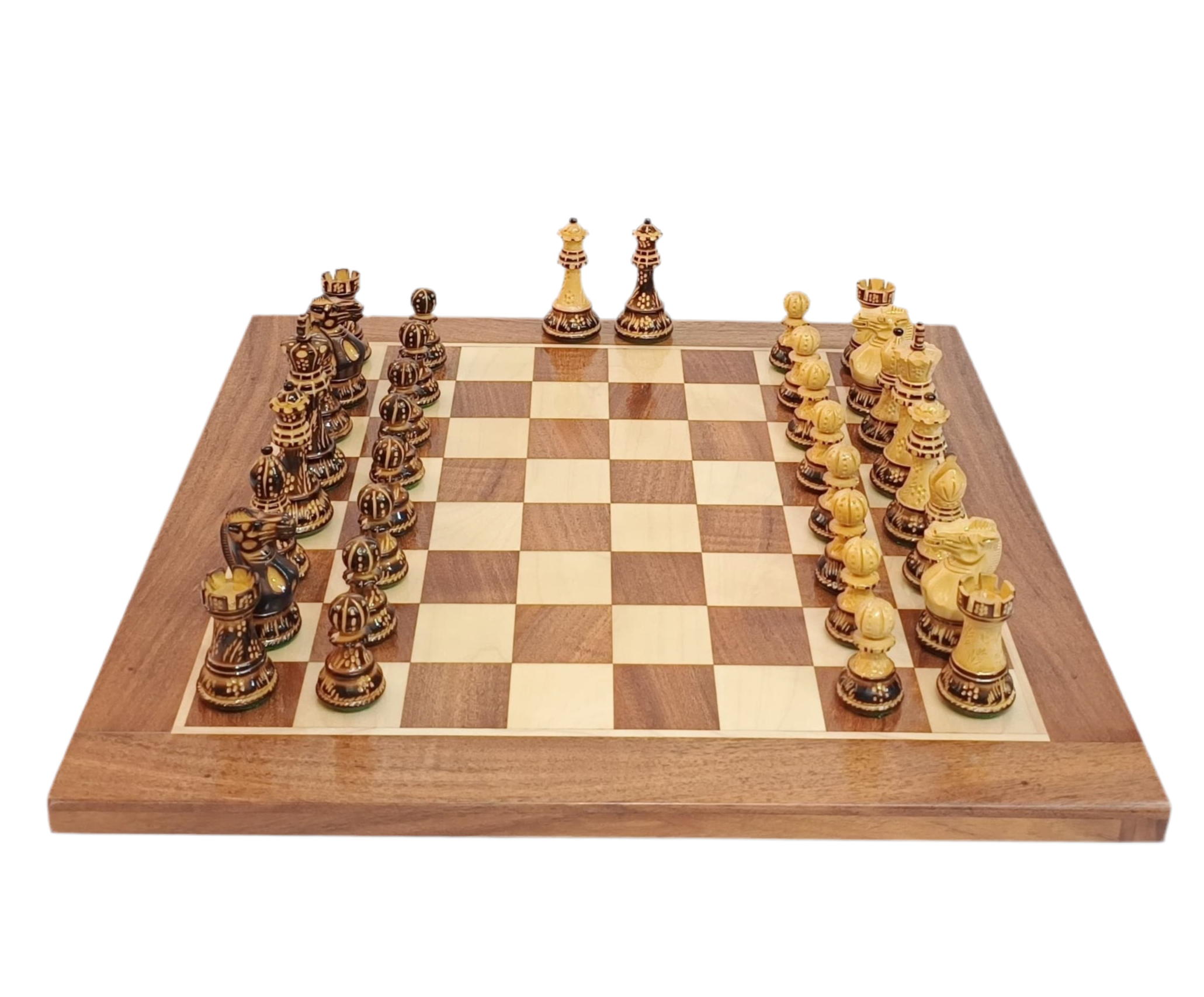
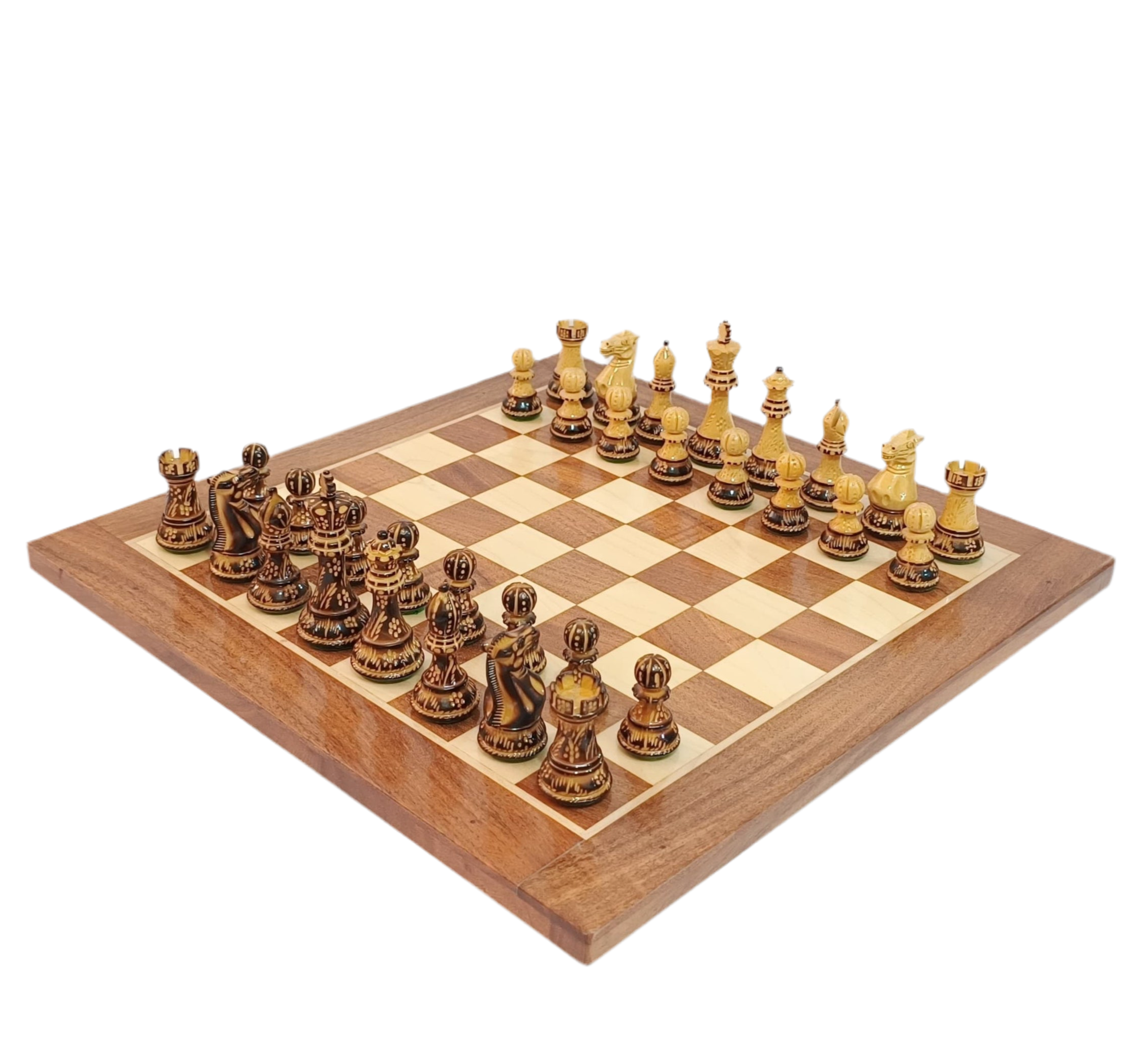
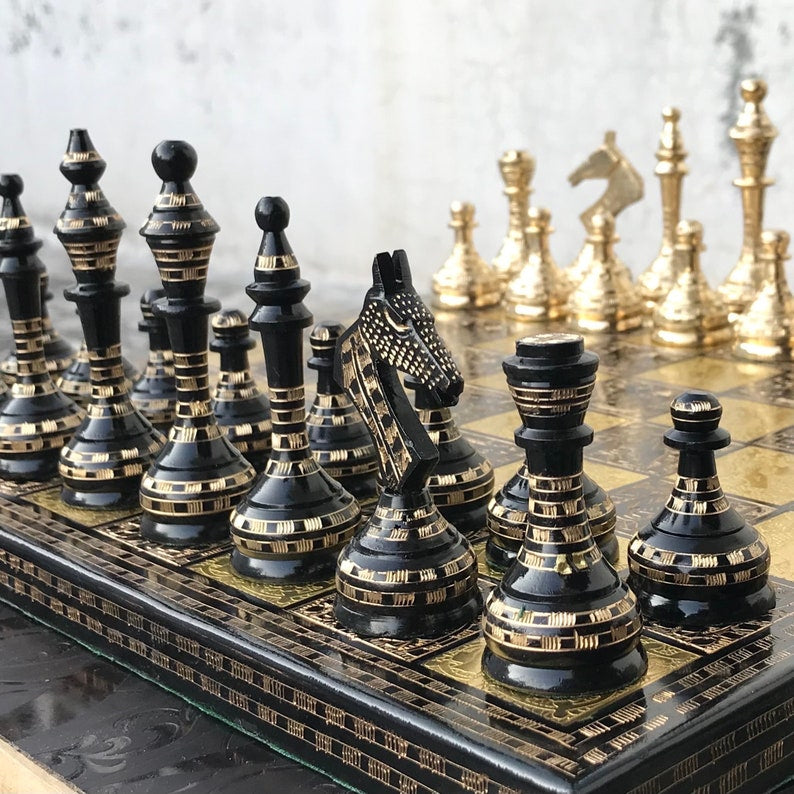
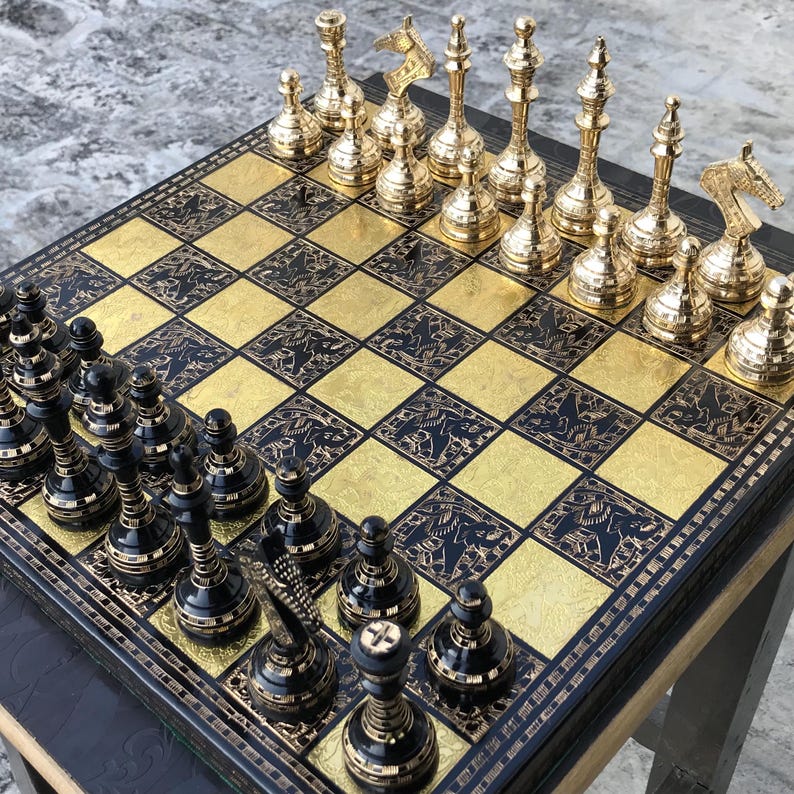


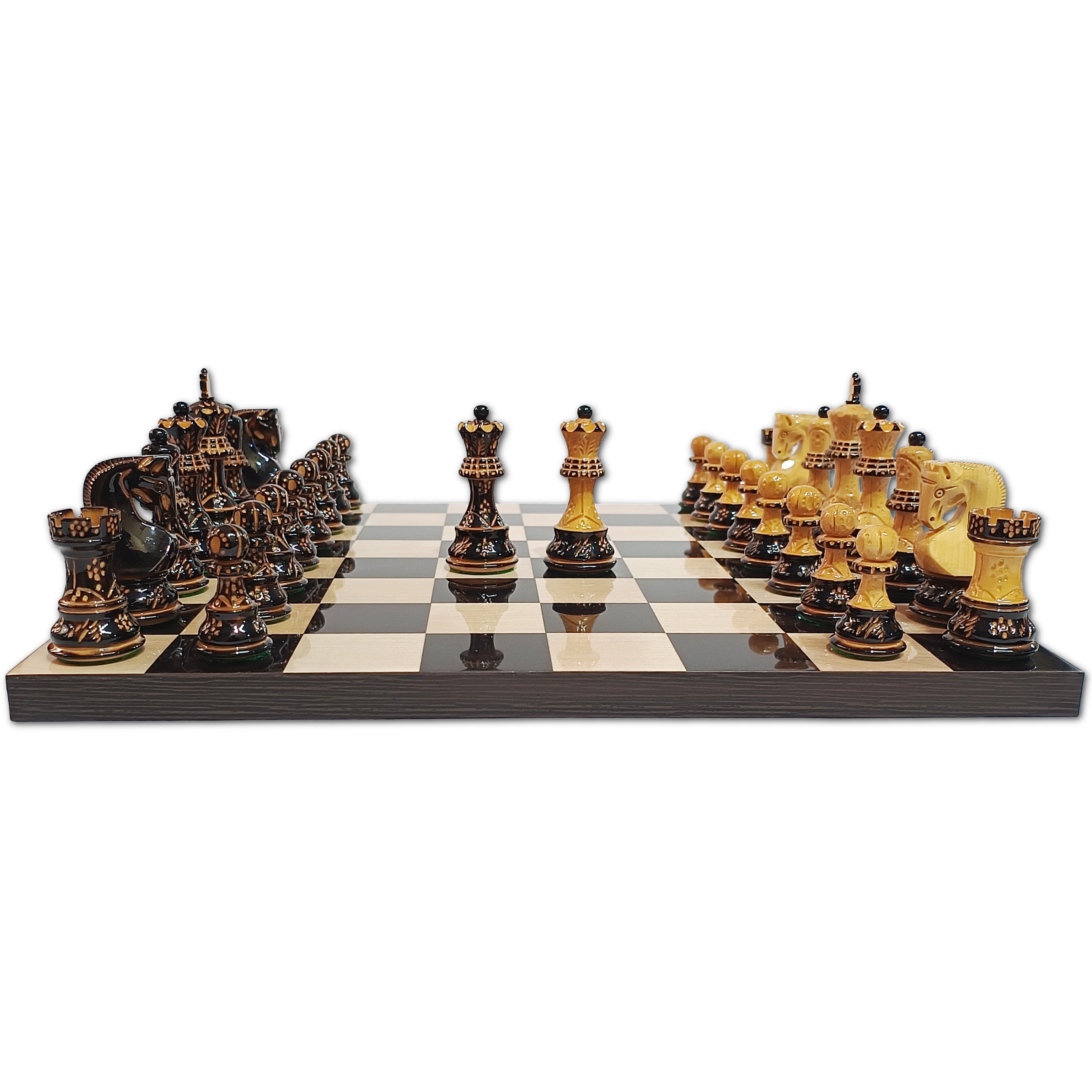
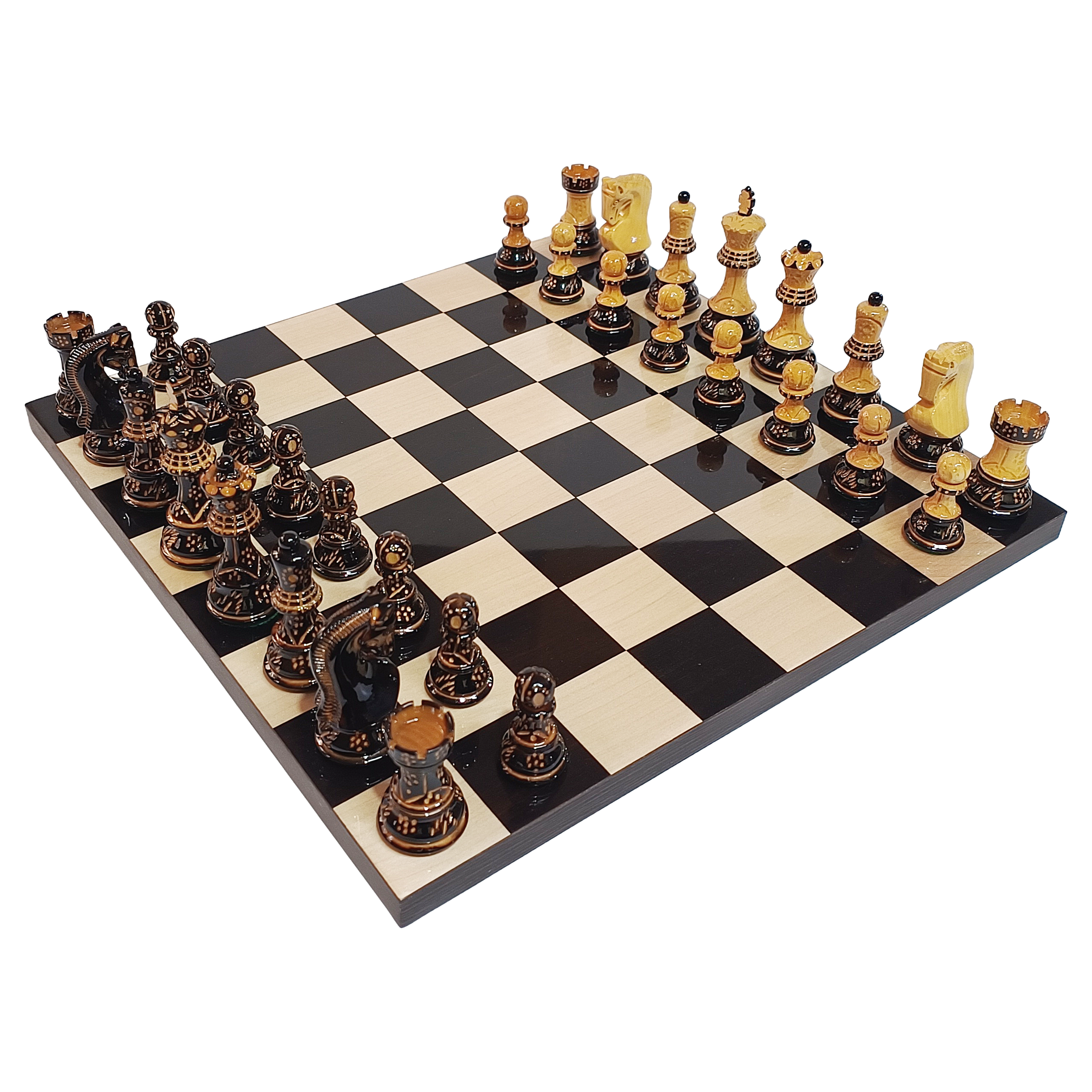
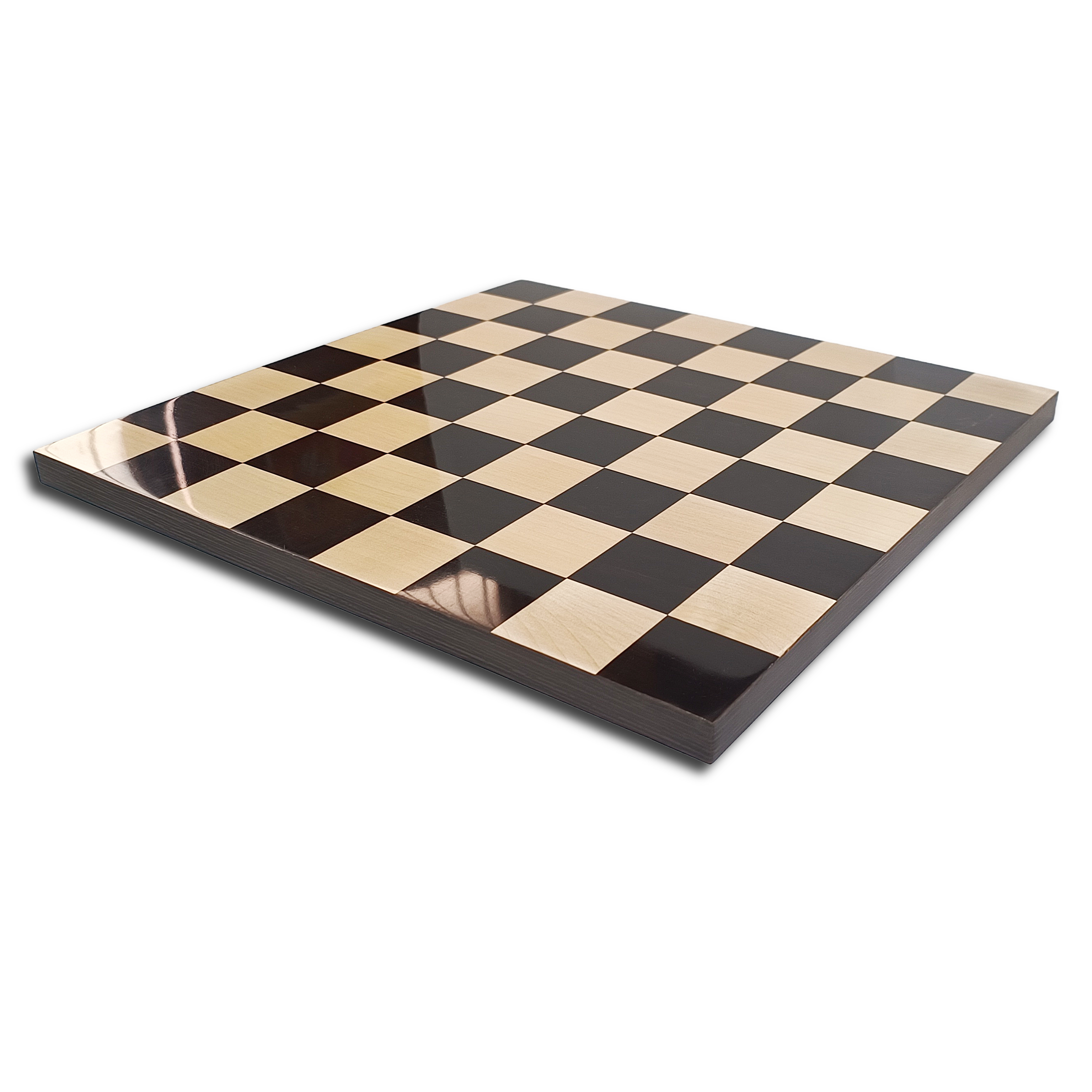
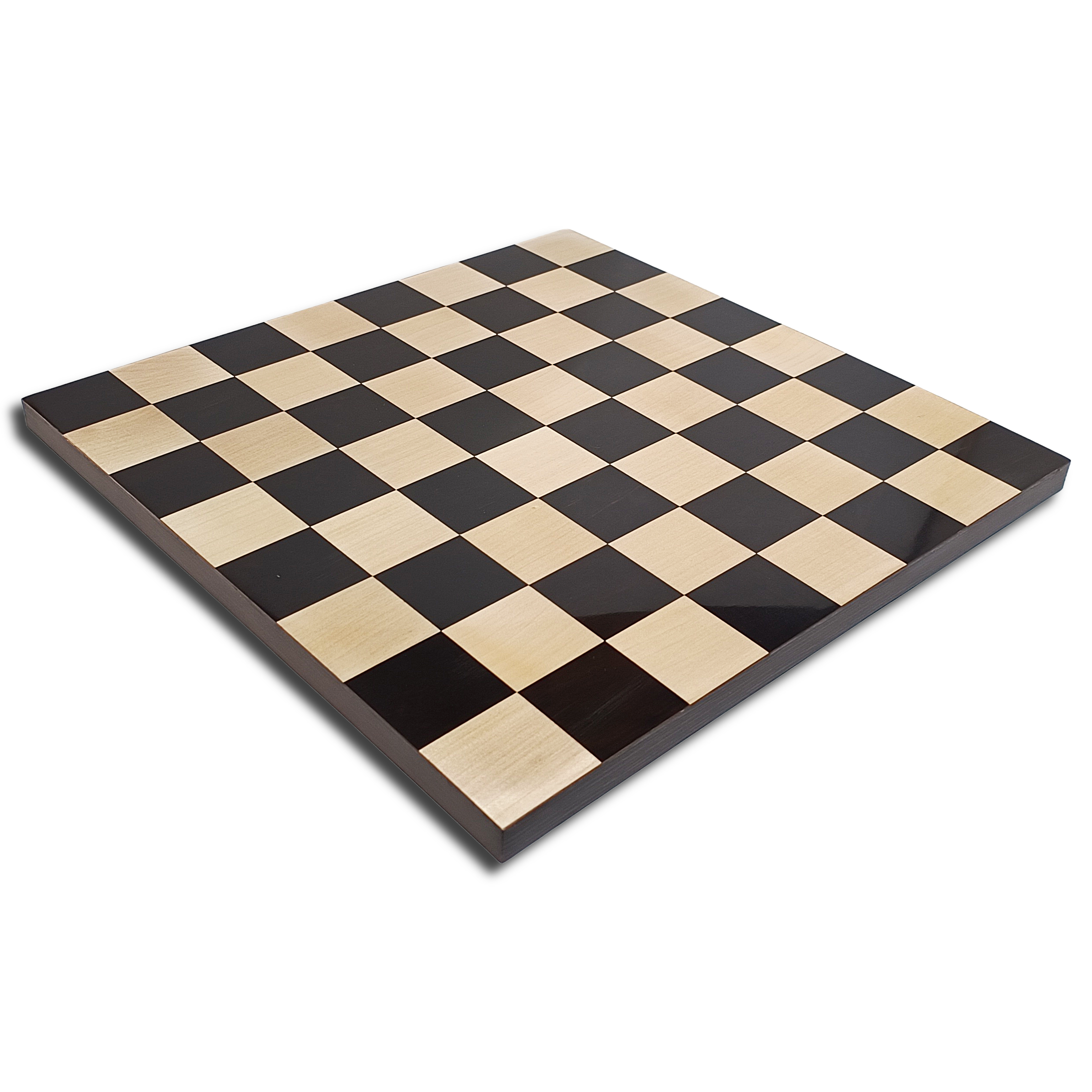
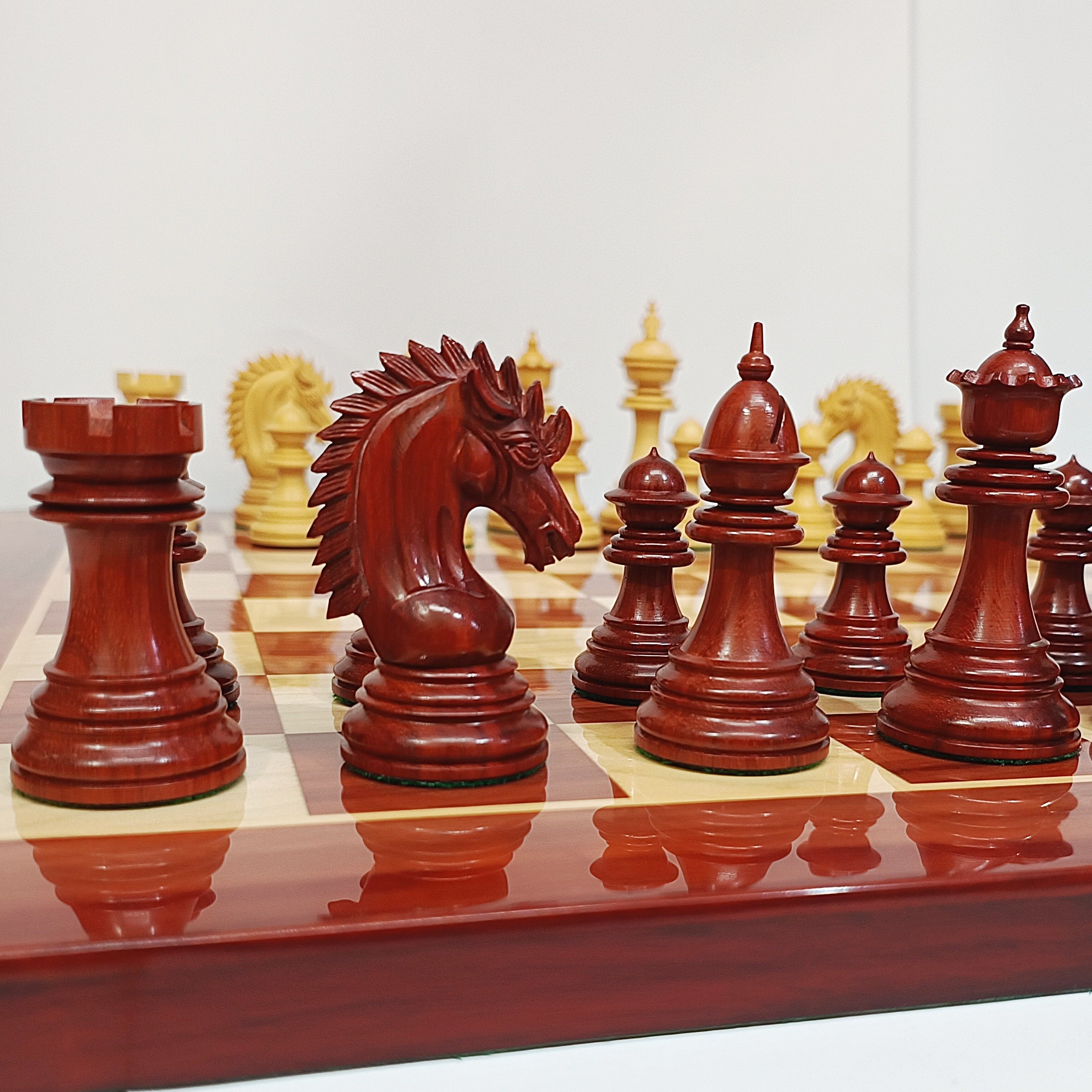
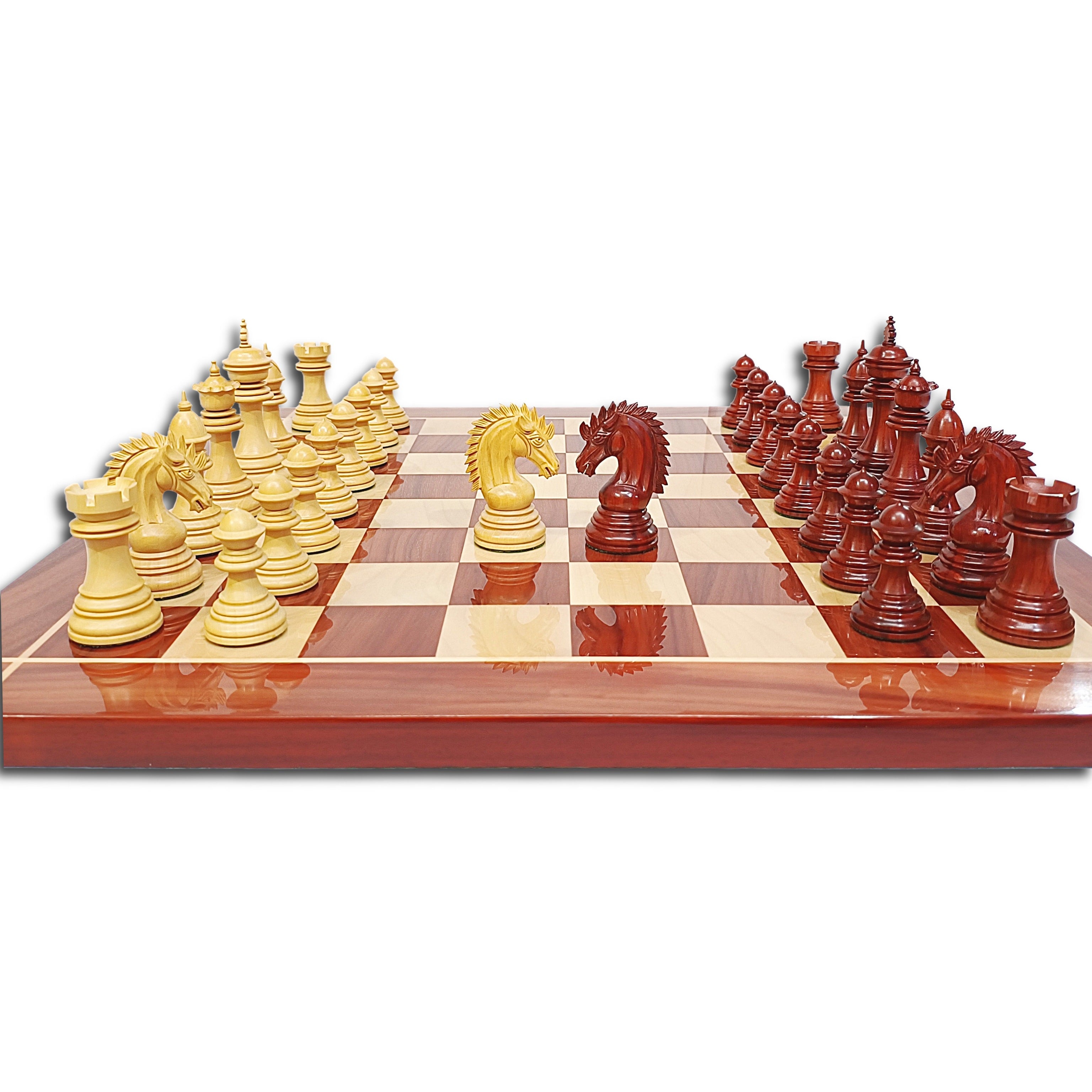
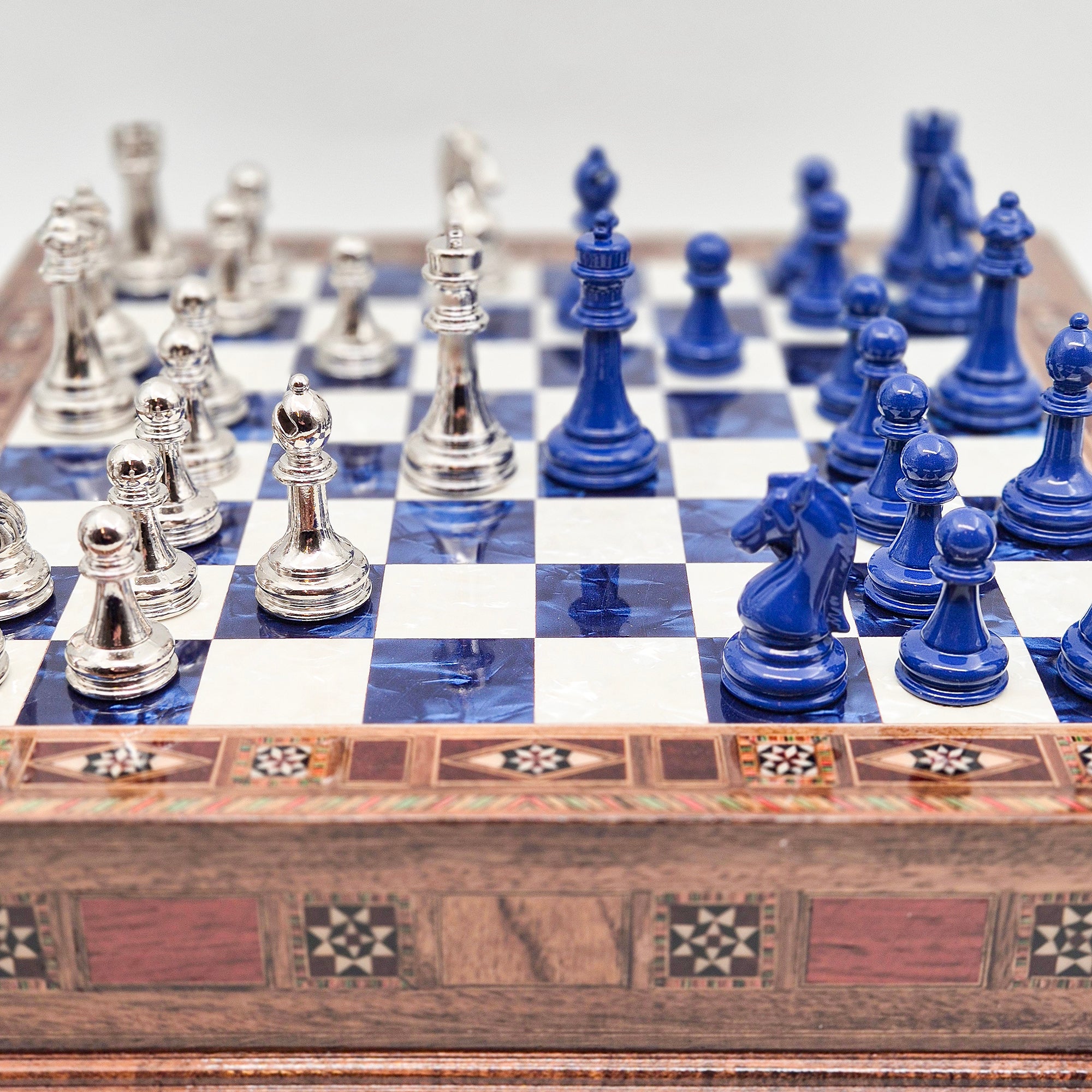
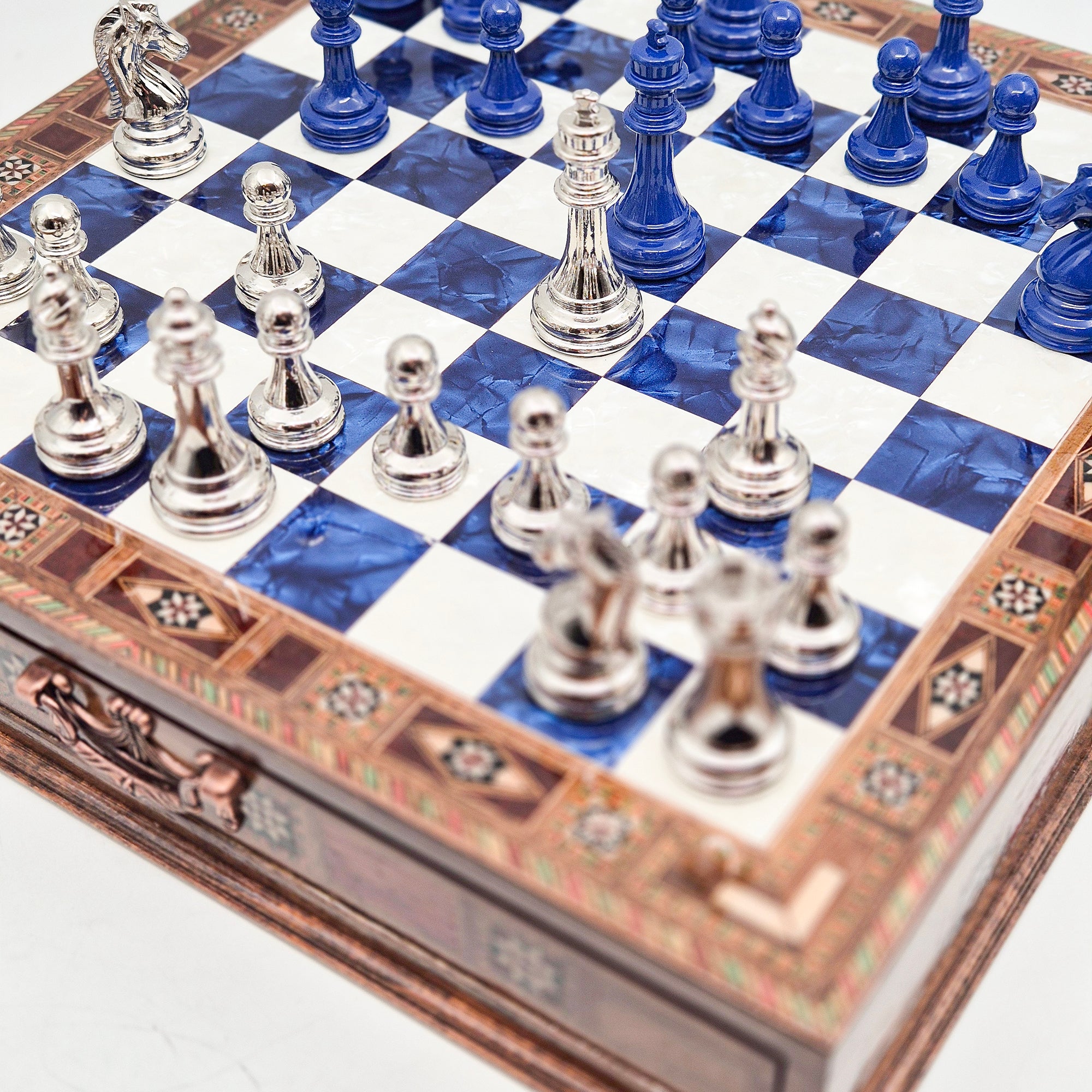
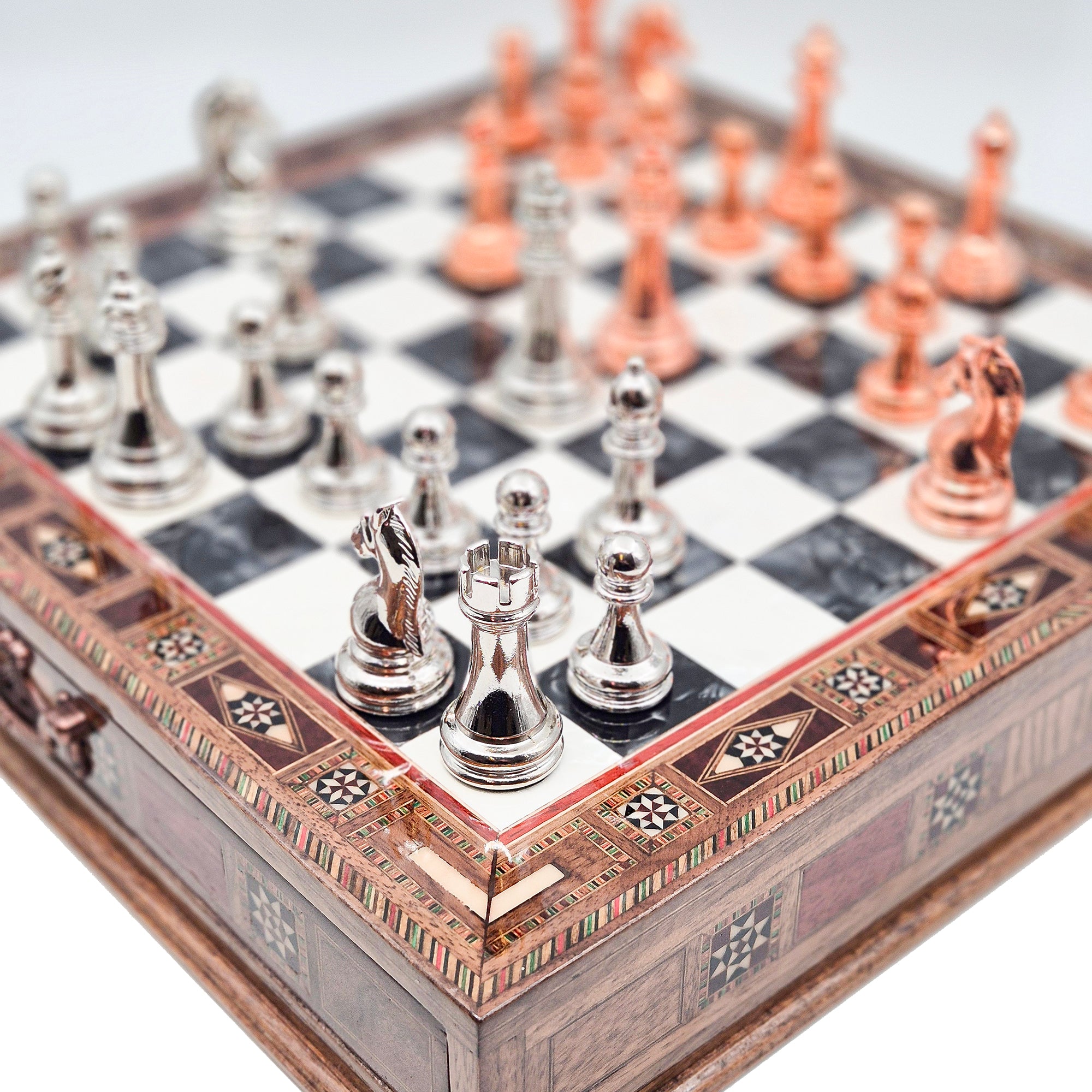
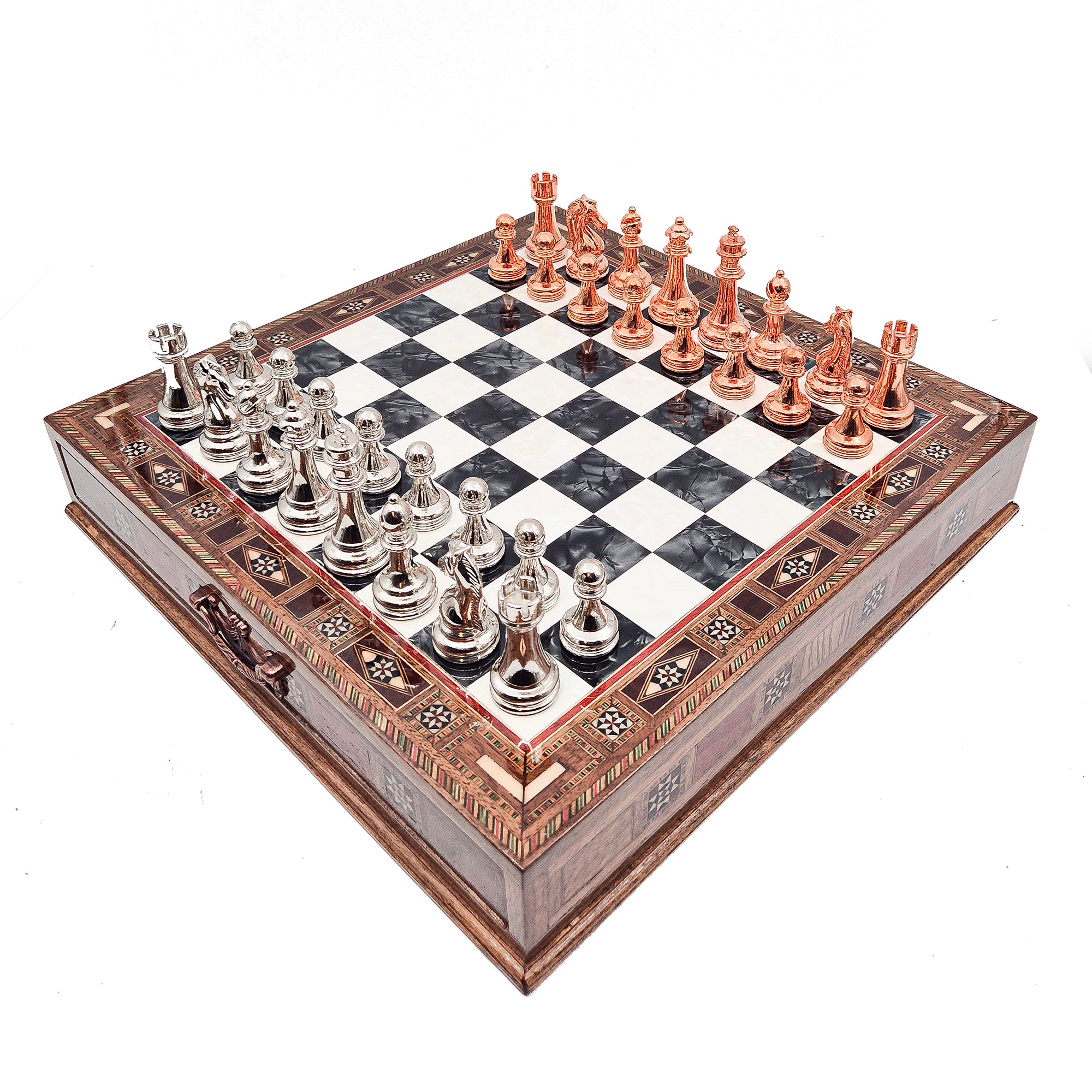
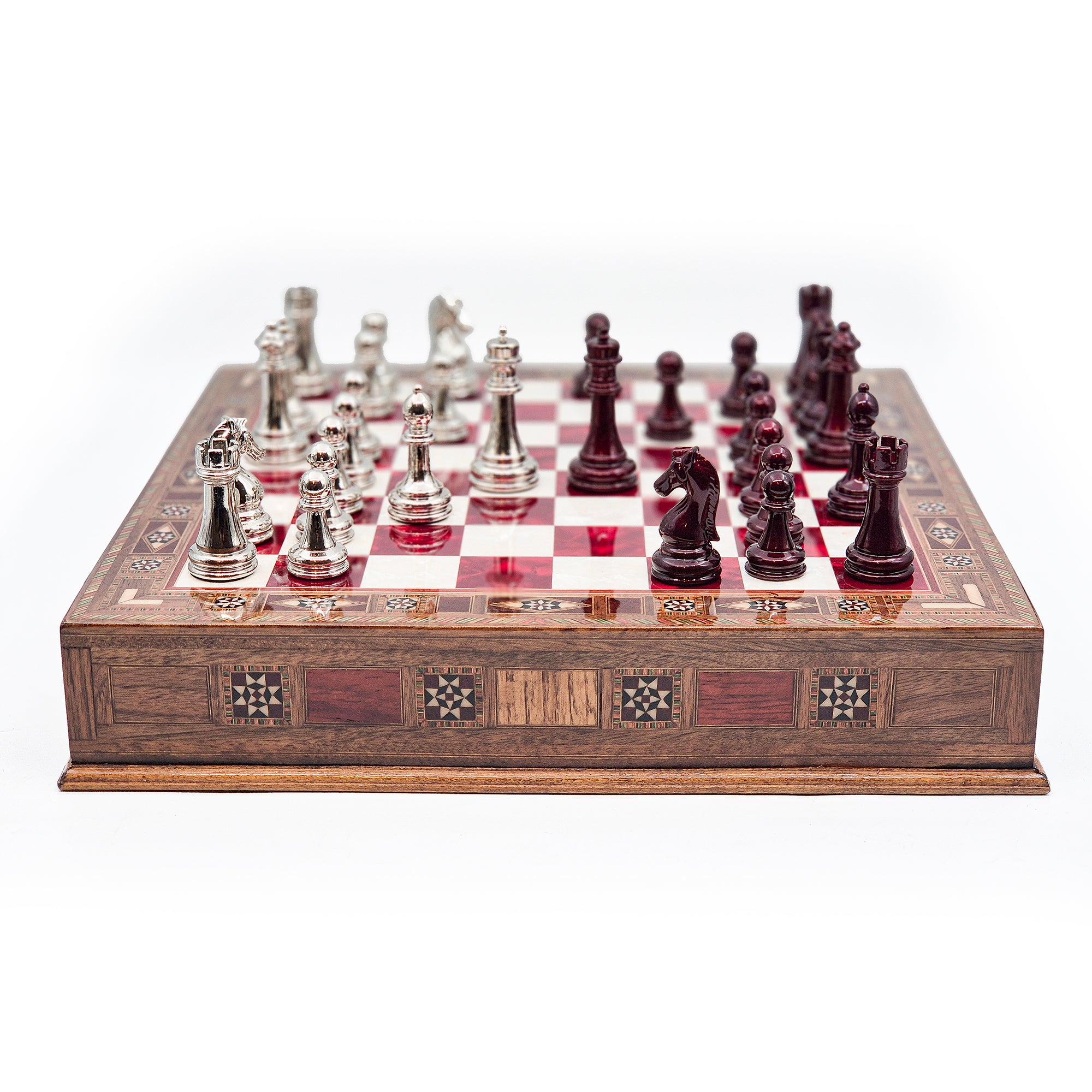
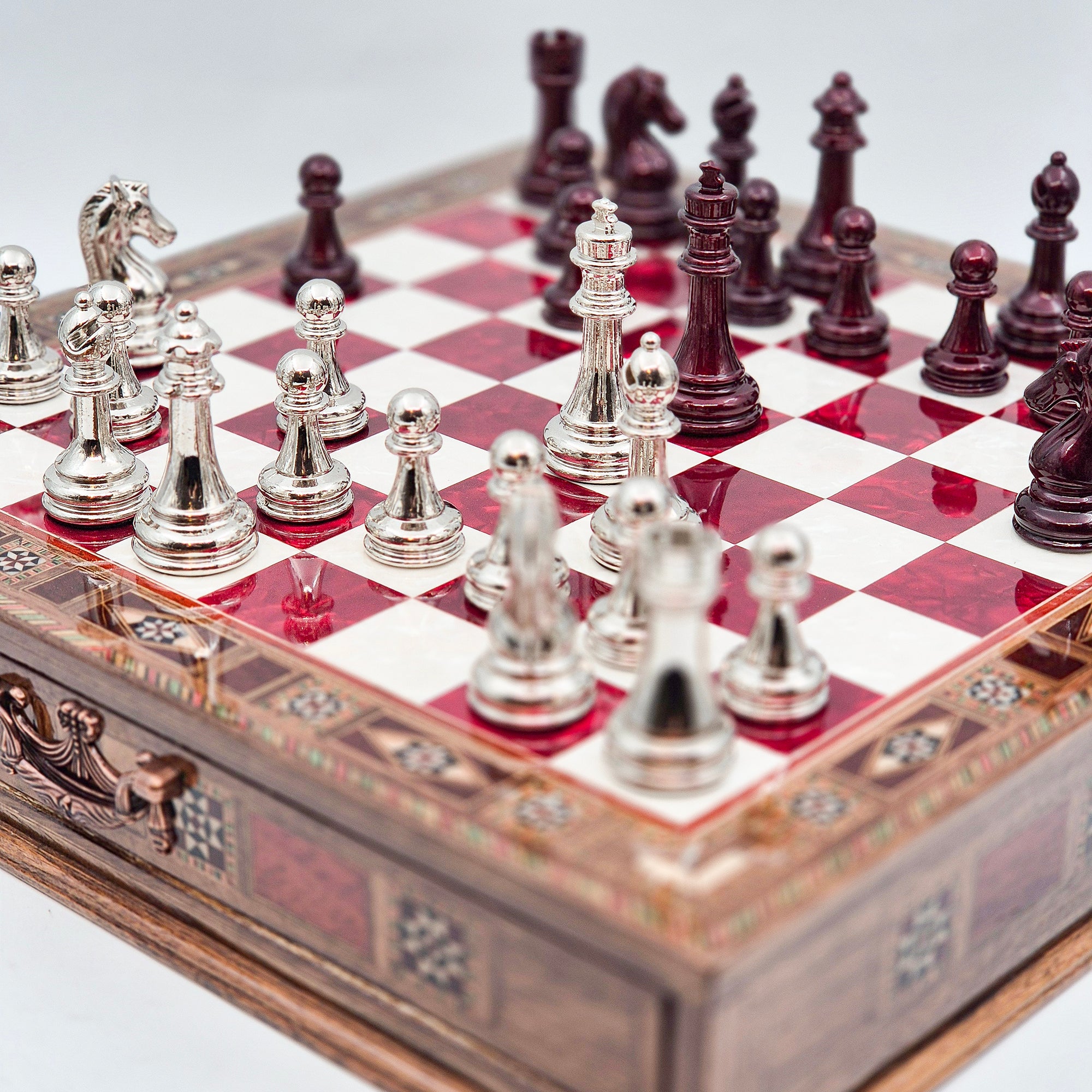
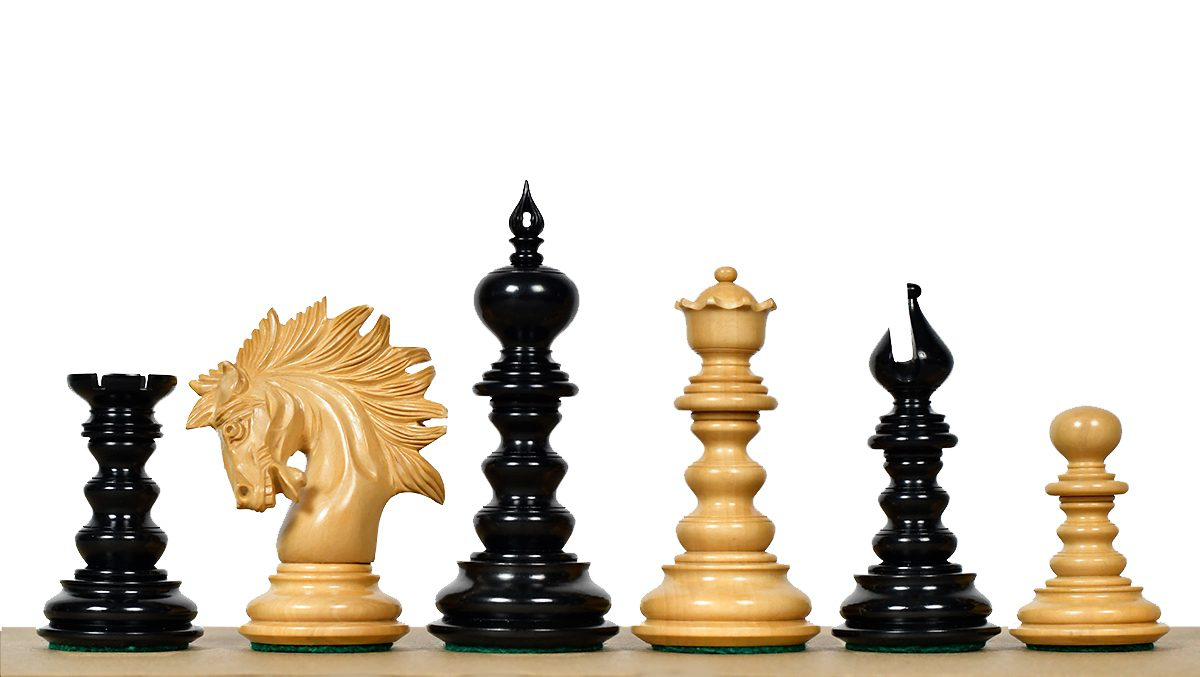
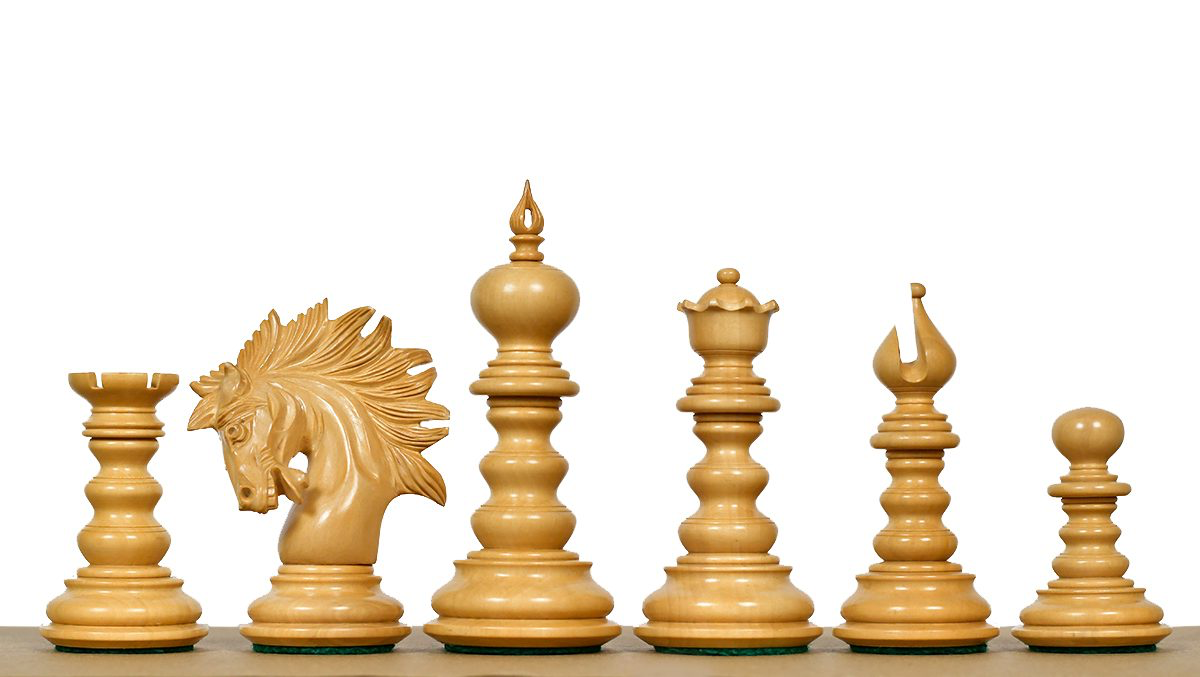
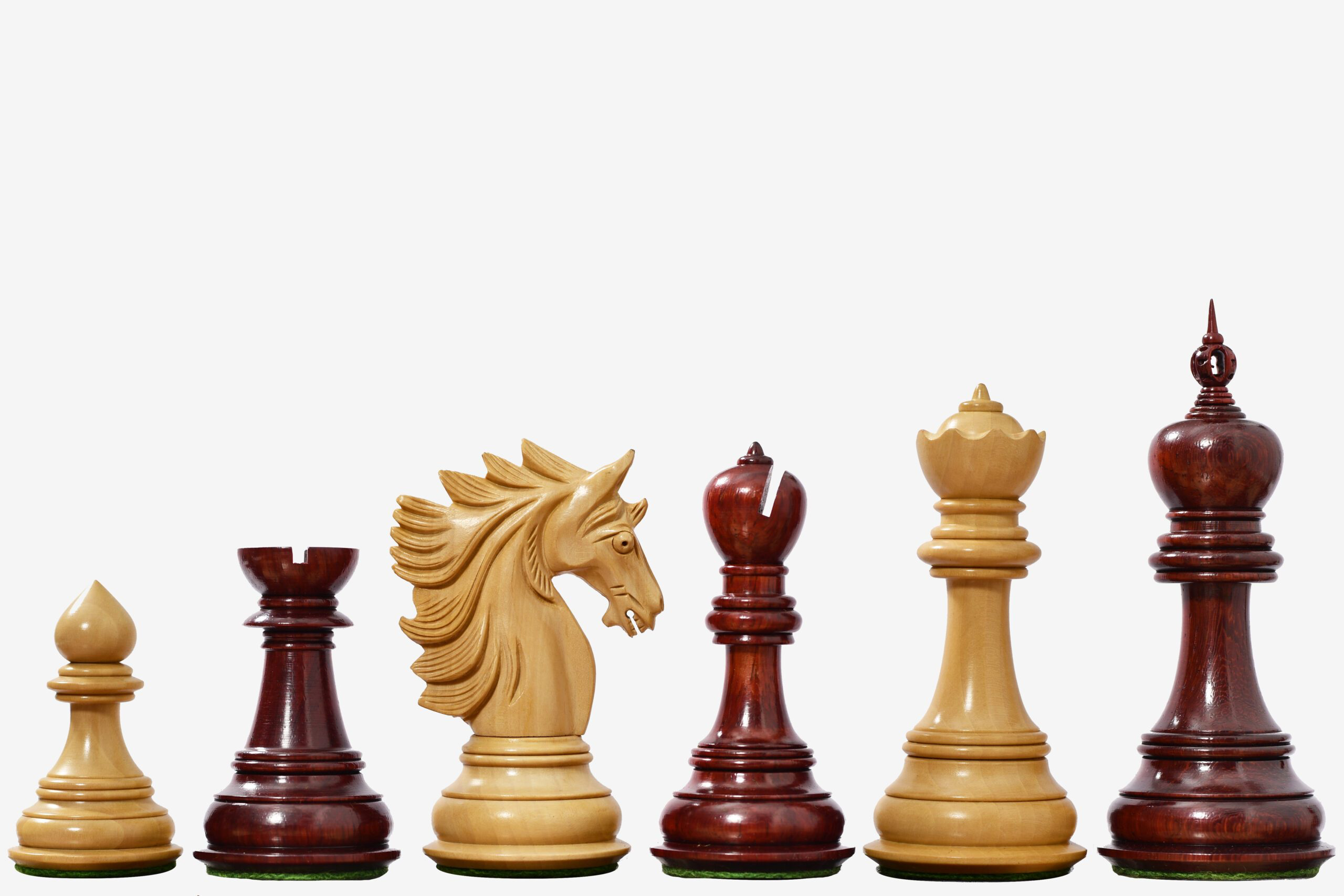
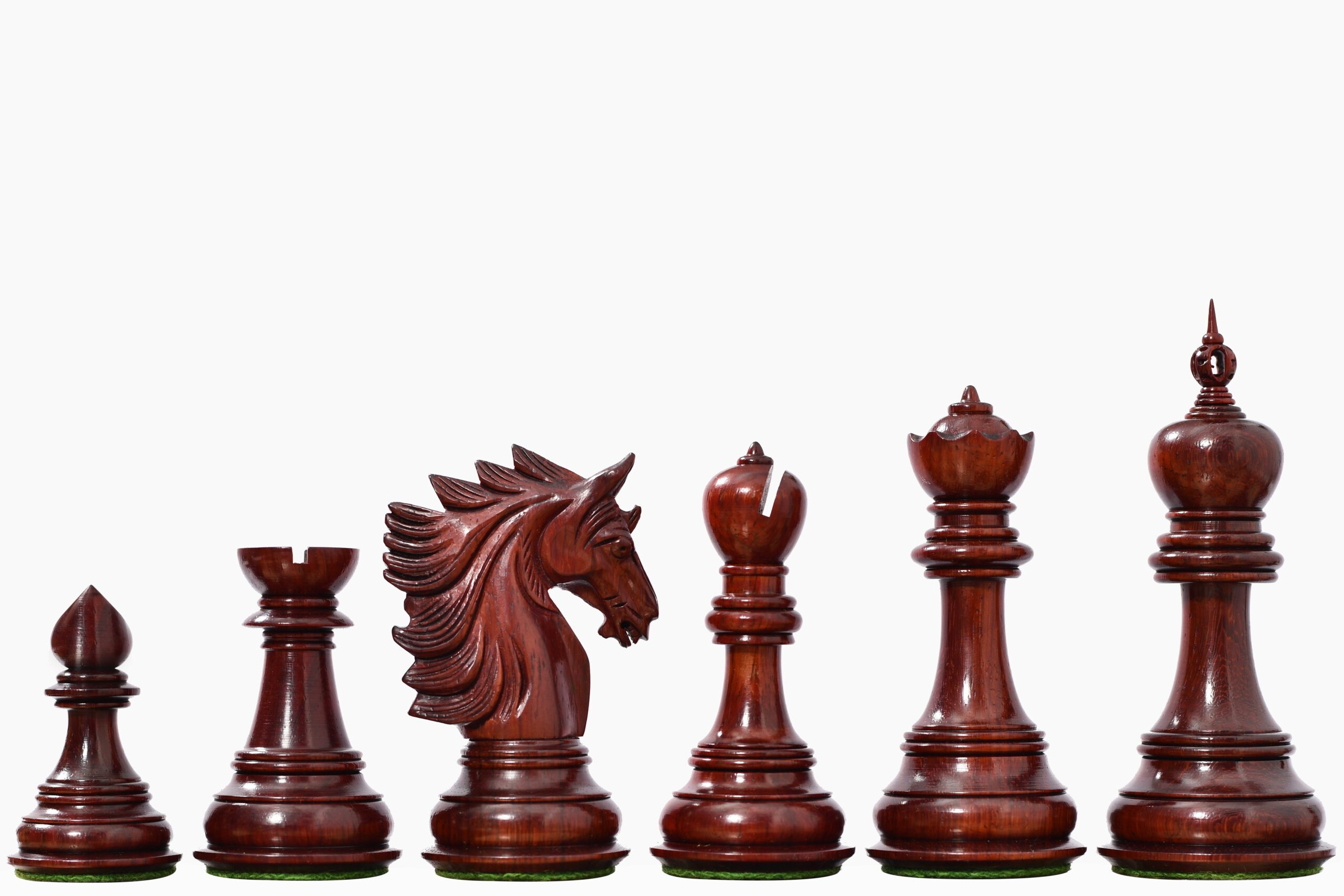
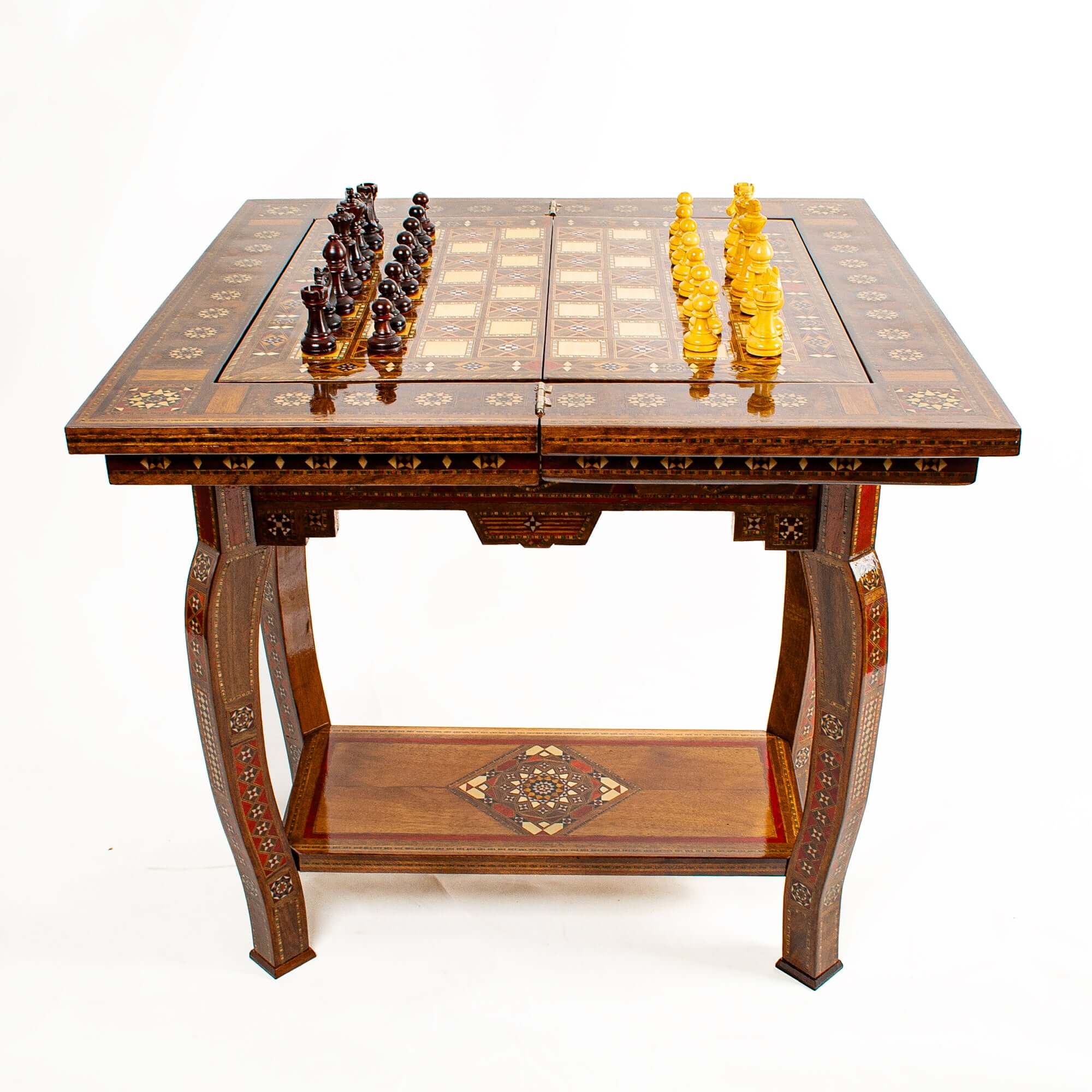

Leave a comment
All comments are moderated before being published.
This site is protected by hCaptcha and the hCaptcha Privacy Policy and Terms of Service apply.